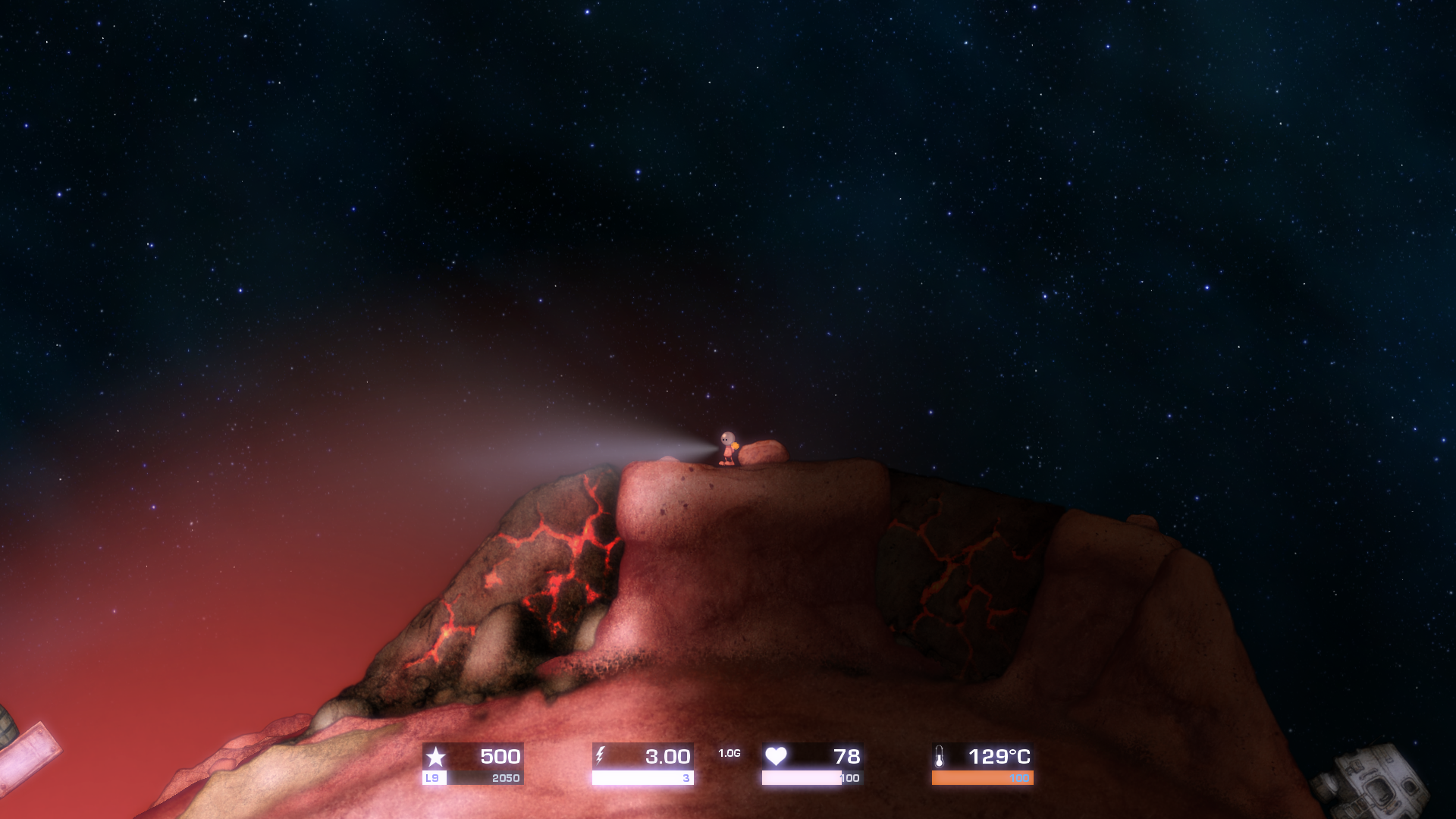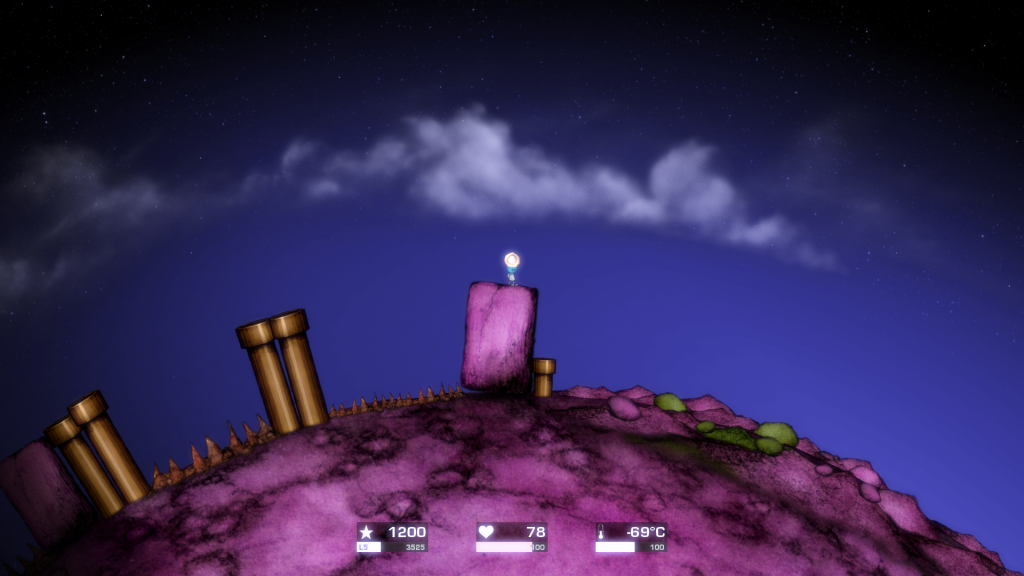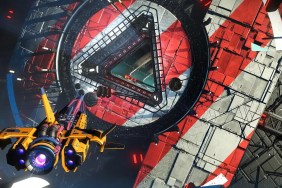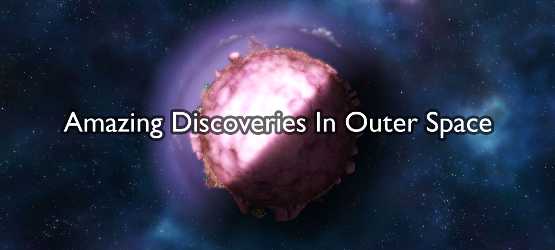
This is it. Spiraling out of control in the middle of the vasty nothingness of space, the day you hoped would never come has arrived. Trapped in the small rickety hunk of metal you call a ship, you await your imminent plummet to a nearby planet, and certain doom. Wha-BAM! Once the dust settles, you realize you’re still alive, somehow. Your ship, on the other hand, has suffered quite a bit of damage, and the navigation system has failed to come back online since the onboard systems rebooted following impact. With no way to tell which direction is home, it seems your final days will be spent with a half-working computer, using minimal resources in a vain attempt to locate any familiar sectors…
Damage Control
Okay, so Amazing Discoveries in Outer Space isn’t quite so dramatic as the scene I painted just now. With an acronym of ADIOS, you know this game isn’t going to take itself too seriously. In reality, you are indeed stranded with a computer system in your ship that’s broken. However, this computer has an AI that has attitude, in the same vein of HAL 9000, GLaDOS, and other famous sci-fi artificial intelligences, though perhaps a bit more nonchalant in feeling towards you. The story mostly stays out of your way as you play the game beyond the first hour or so.
Essentially, gameplay in ADIOS boils down to arriving in a solar system, asteroid belt, or other celestial body, navigating to a from locations within that system and collecting resources. Collect enough resources, and you can enable the use of a “Z JUMP,” which can only be done in open space and takes a few seconds to execute. This will take you to the next level, which always consists of a randomized collection of space stuff to explore. One of ADIOS‘ better features is its procedurally-generated systems. This guarantees that each play throughs will be unique, while also introducing a bit of chance to your odds of success. ADIOS is also a roguelike game, so when you die (and you will die), the game starts over. If you’ve reached a certain level before your demise, you can start a new game from that checkpoint level, randomized of course. Once you’ve unlocked all your gadgets, this is all the game will consist of. Things can feel kind of repetitive, yet at the same time fresh thanks to the procedural generation. Oh, and there is no pause menu, so no cheating by saving and then reloading your save if things go haywire!
M.A.D. Hat
Scattered throughout these random systems are also various upgrades, such as bigger, heavier ships capable of taking more damage, or new M.A.D.s, or Mass Amplification Devices. These things look just like hats (probably because they are!), but they help to weigh you down on planets that are low in gravity, so that your next jump won’t end with you drifting endlessly in space without a ship. You can also unlock new astronauts to play as, to add to the combinations that you can play the game with. Beyond that, there are various pieces of space junk, such as derelict satellites and space stations from which you can sometimes suck extra power from, and occasionally alien lifeforms on some planets. Most of these aliens are relatively harmless, but some you quickly learn to steer clear from. Discovering every species and piece of research serves as another meta game within ADIOS, and will have the completionists among you happy.
The entire game is played in 2D, and gameplay remains relatively smooth. ADIOS uses seemingly realistic gravity-based physics, and because of this the action tends to move pretty slowly at times. If you want to speed things up a bit, you can hold L2 to do so, however if there is a lot going on in the level you’re currently in, this can actually cause the game to run rather choppily. It’s not a deal breaker by any means, just a reminder that you’re dealing with an indie team with few resources. That feeling is further cemented when you look at the animations of ADIOS‘ characters, or rather the lack thereof. Platforming, the main mode of transportation while on planets, feels mostly on the loose side in terms of controls, while space navigation feels much tighter. Still, moving seamlessly from a far, zoomed-out view to an up-close look of whatever planet you’re trying not to fatally crash into is impressive, and it can be fun to challenge yourself to make a perfect, damage-free landing. The game’s soundtrack is also very pleasing to the ear – especially the track that plays the moment you acquire enough resources to make a “Z JUMP.”
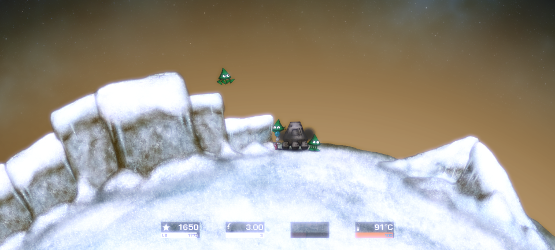
Power Your Own Future
You have to be wary of any resources that you use in ADIOS. Your main resource is simply power. It is used for everything from navigating, to healing your astronaut and repairing your ship. Naturally, in space resources are scarce, so you will need to do some intense scavenging to find what you can. As you get near enough to certain glowing objects, you acquire stars, which indicate research data. Collect enough, and you can warp to the next level. However, each sector usually has more research than you require, so the game quickly tasks you with either warping right away to save on “fuel,” or risking those precious resources to see what else lies in wait for you to discover. It’s a risk and reward system that is done fairly well on this indie title.
Amazing Discoveries In Outer Space is a charming game, with a some flaws. What we have here is a deceptively challenging game wrapped in a slightly sarcastic package, with a few rough edges. Gameplay can be slow going at the start, and casual gamers will likely lose interest relatively early on. But then, casual gamers probably have little or no interest in such a quirky game as ADIOS. If you’ve been pining for a procedurally generated space survival game while you wait for No Man’s Sky, then by all means plunk down the cash for ADIOS. At reasonable asking price of just $11.99 ($8.39), your expectations should be met for this indie game. Now, try not to die too many times on your way home, lest you annoy your ship’s AI too much.
Amazing Discoveries In Outer Space review code provided by publisher. For more information on scoring please see our Review Policy here.
-
Procedural generation keeps things fresh
-
Challenging to master
-
Quirky vibe
-
Repetitive tasks
-
Choppy game engine when taxed
Amazing Discoveries In Outer Space
-
Amazing Discovers In Outer Space 01
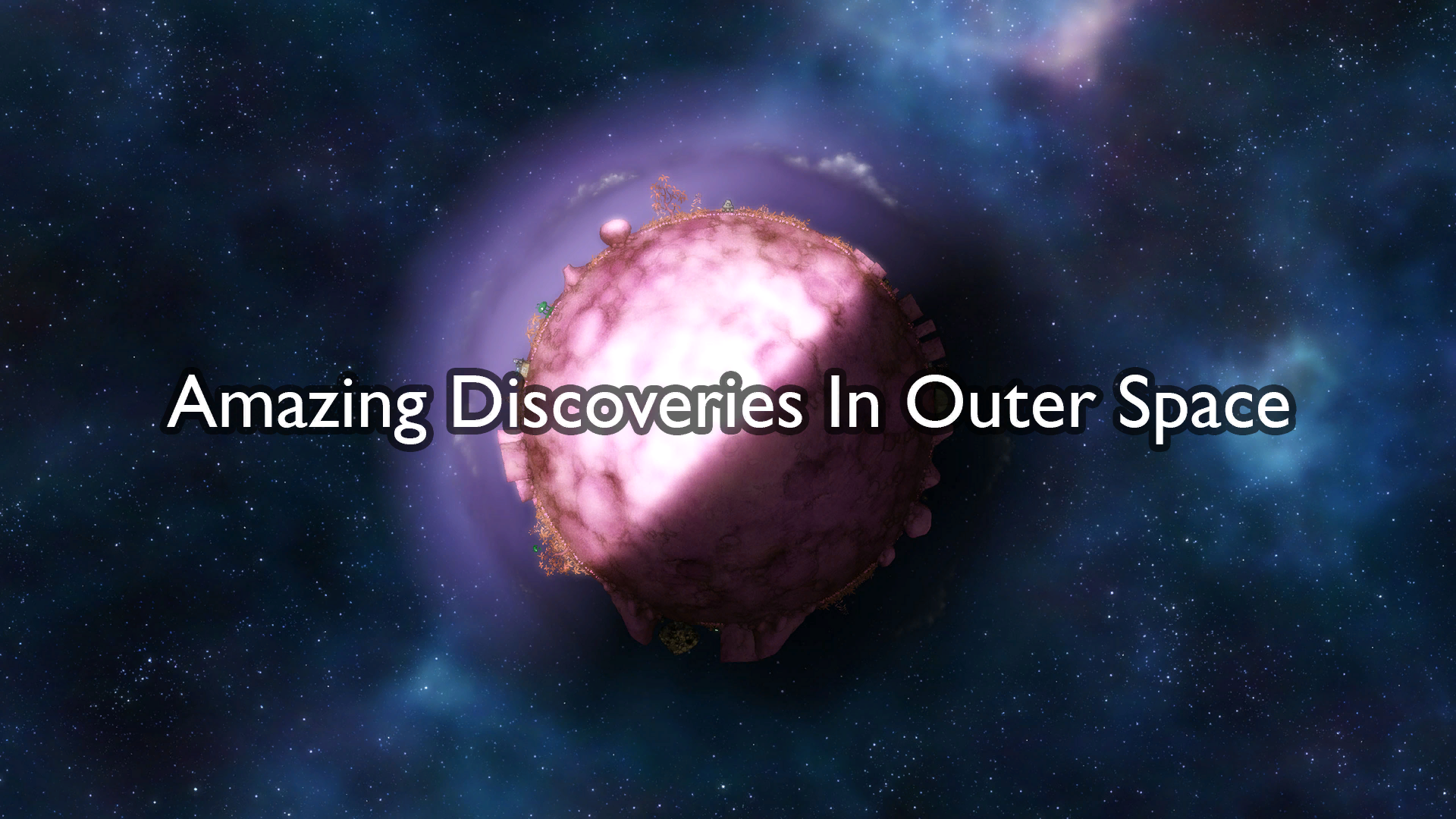
-
Amazing Discovers In Outer Space 02
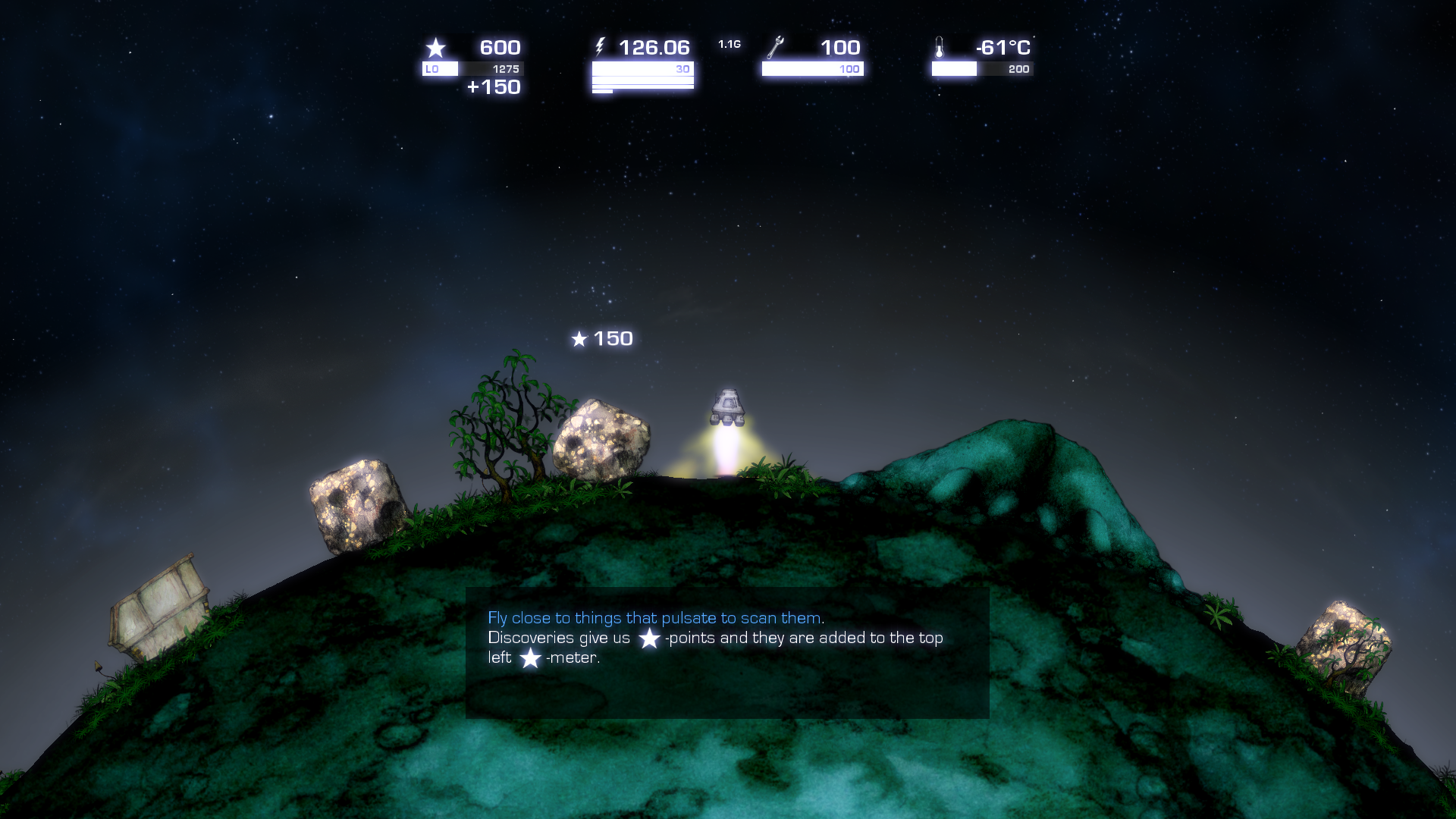
-
Amazing Discovers In Outer Space 03
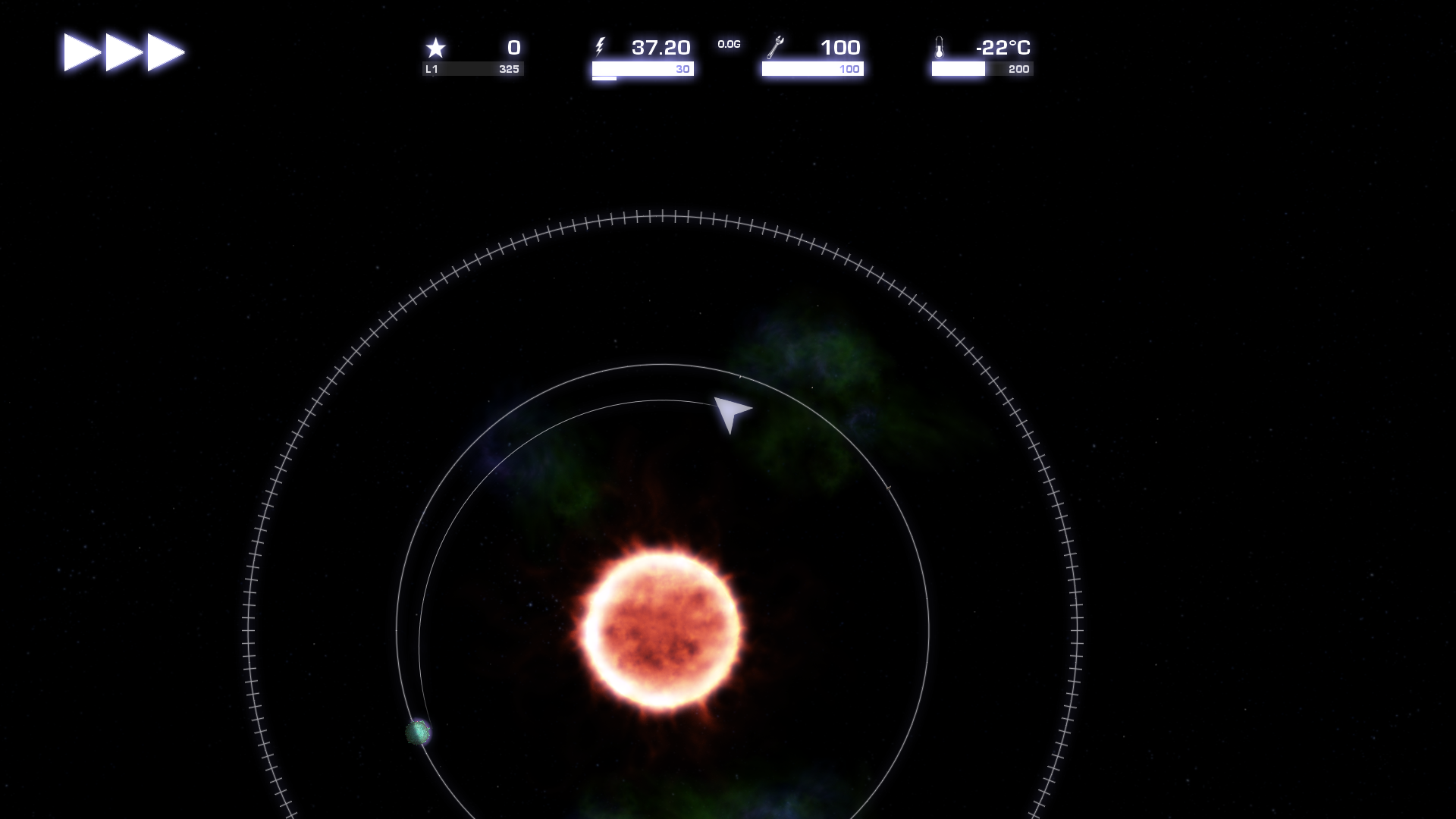
-
Amazing Discovers In Outer Space 04
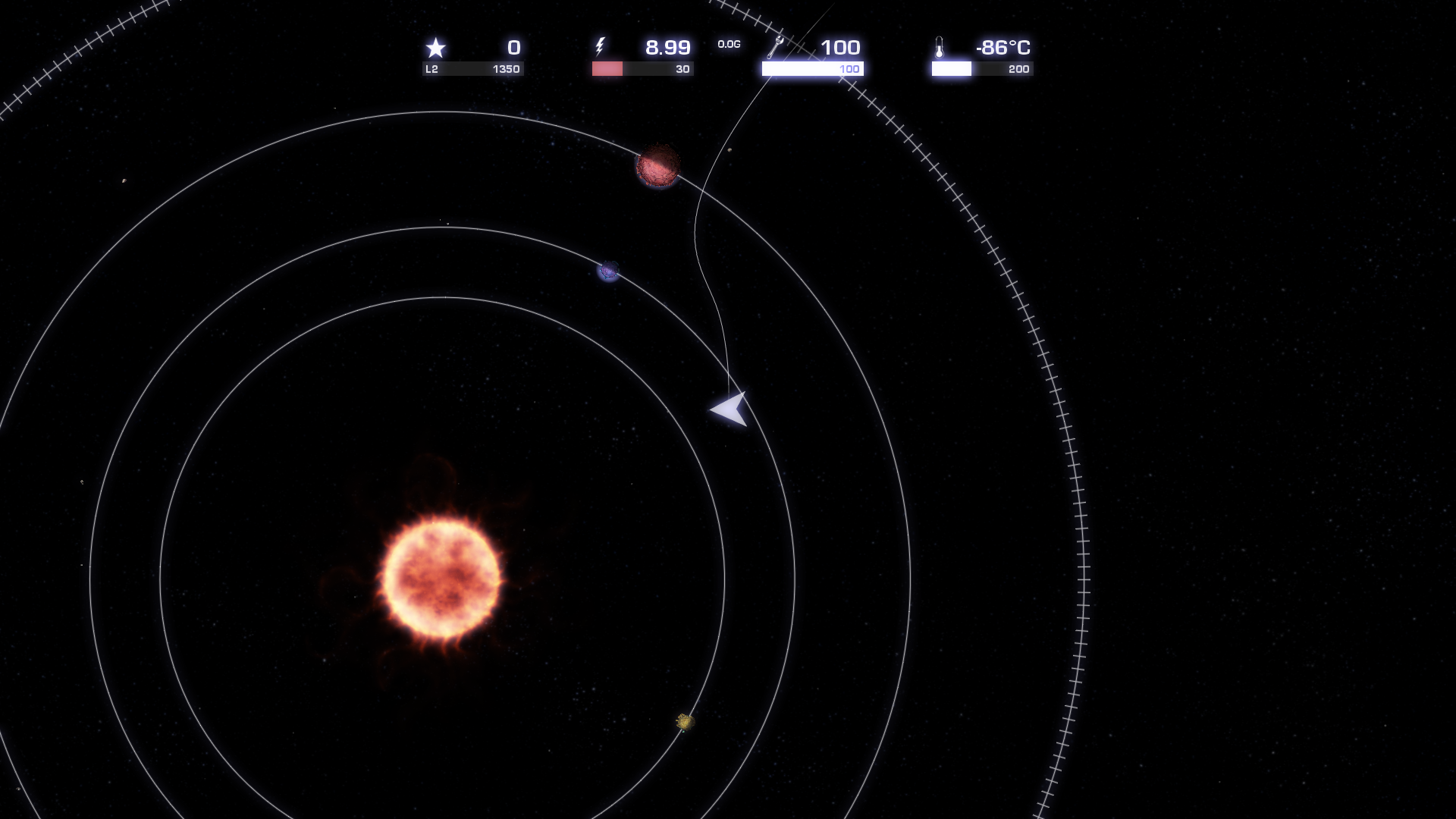
-
Amazing Discovers In Outer Space 05
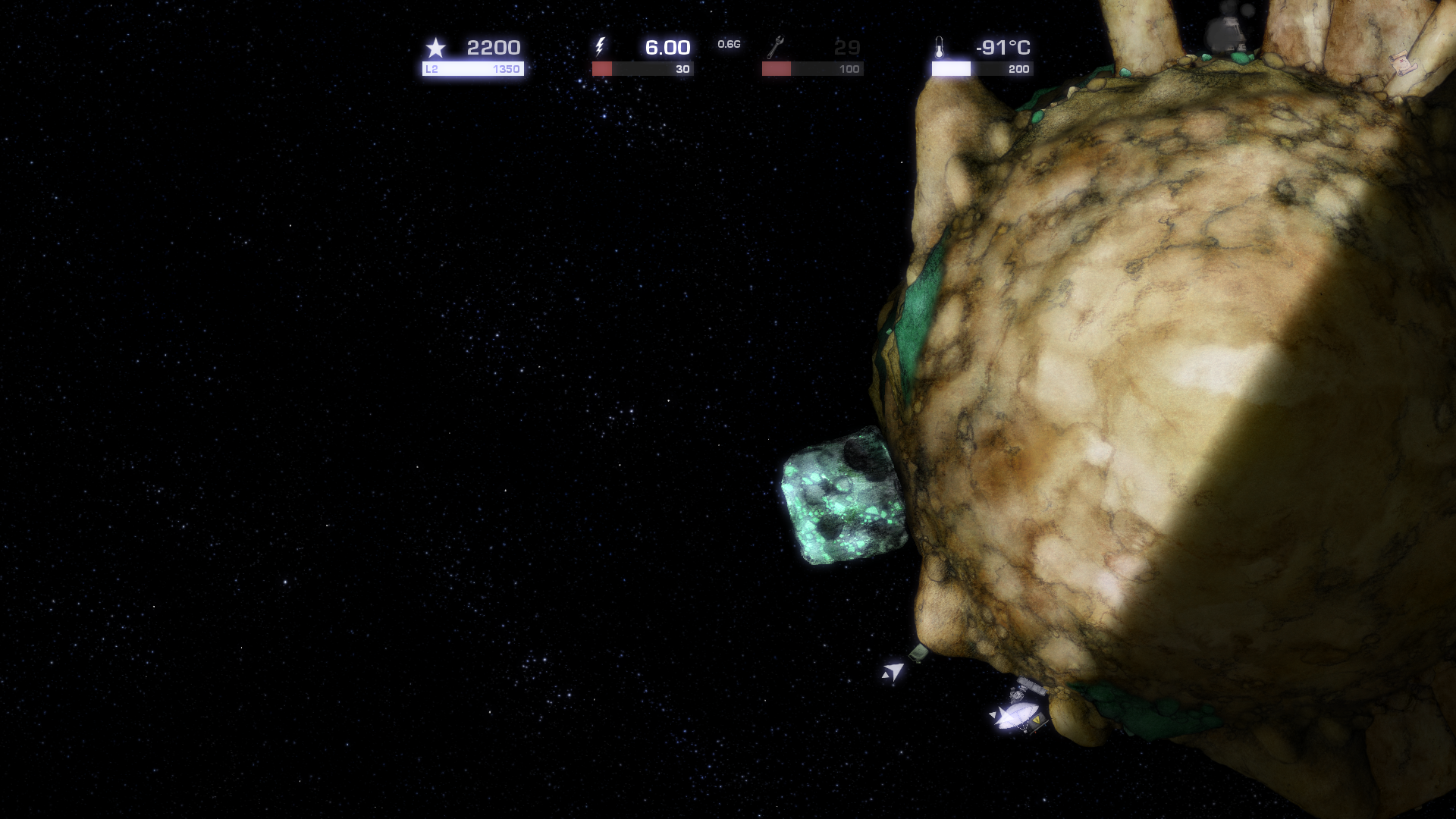
-
Amazing Discovers In Outer Space 06
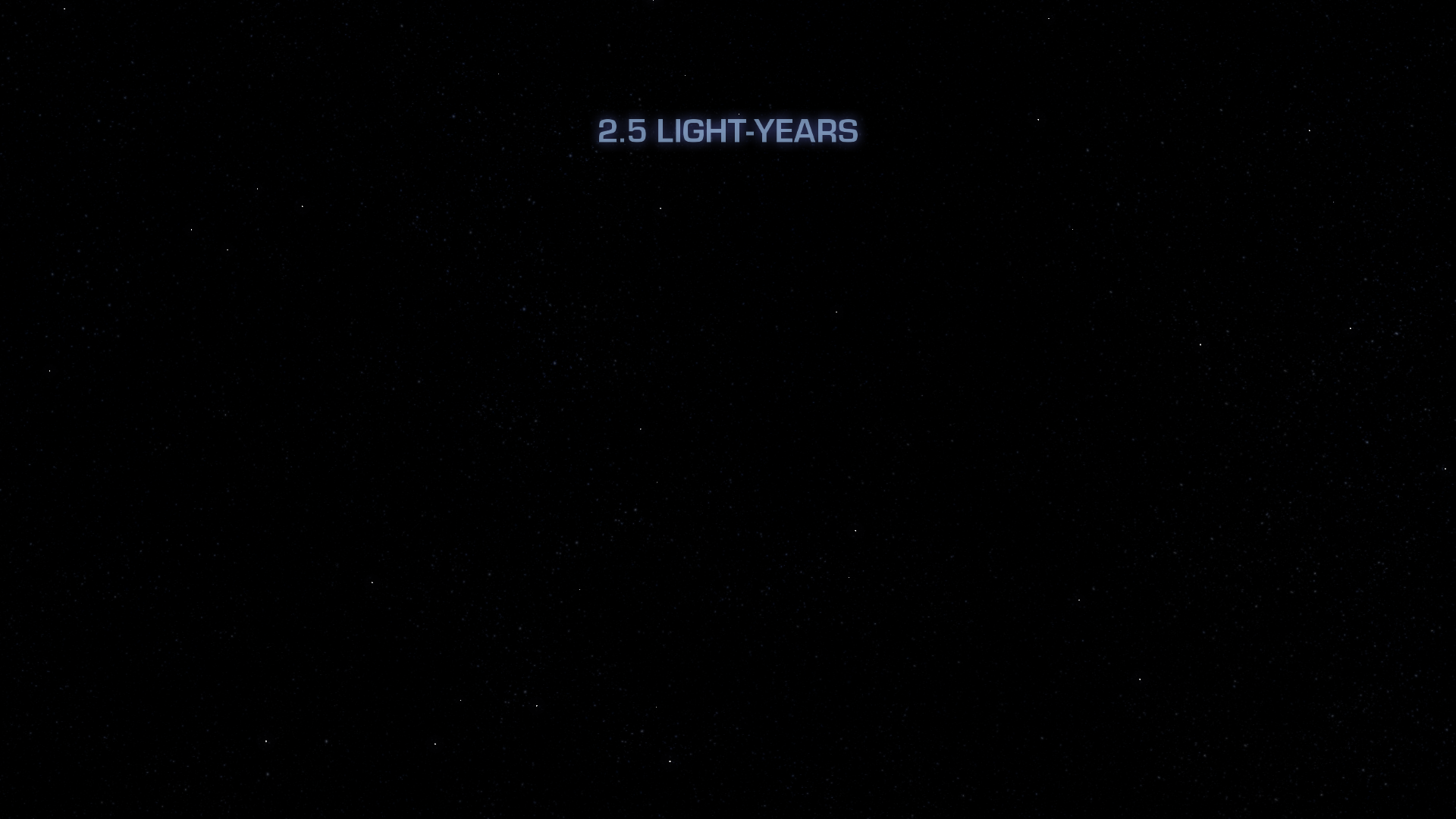
-
Amazing Discovers In Outer Space 07
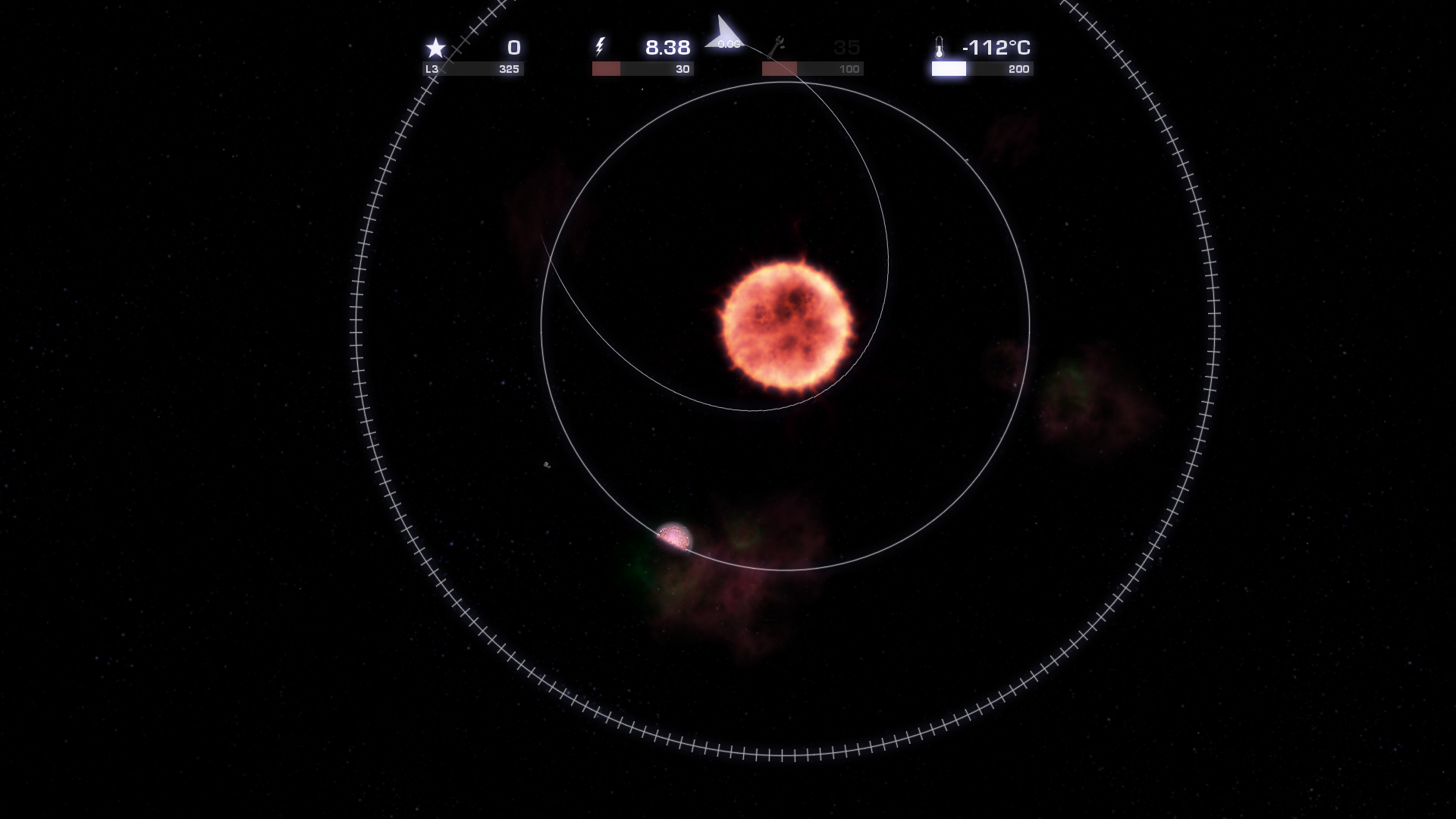
-
Amazing Discovers In Outer Space 08
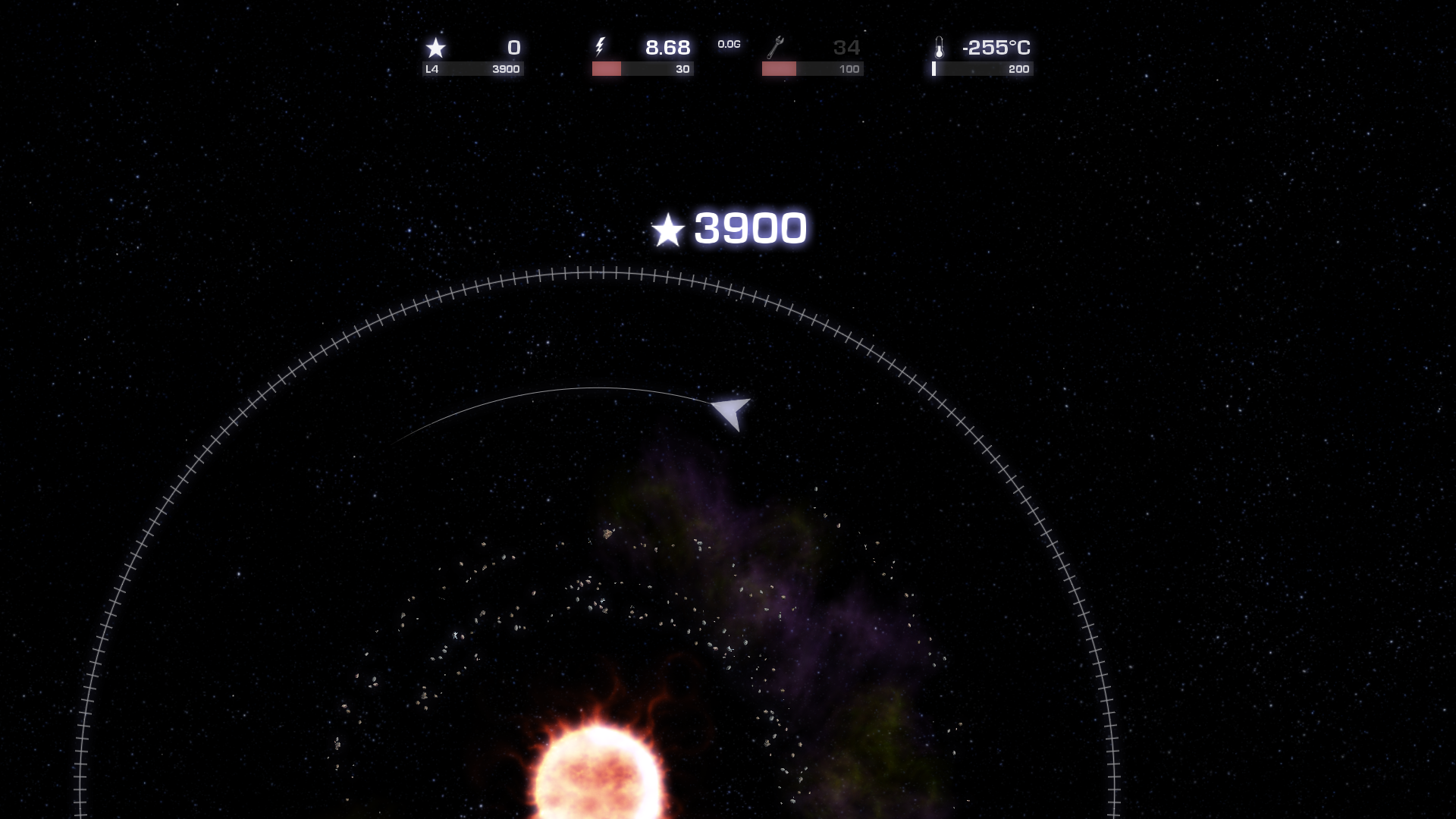
-
Amazing Discovers In Outer Space 09
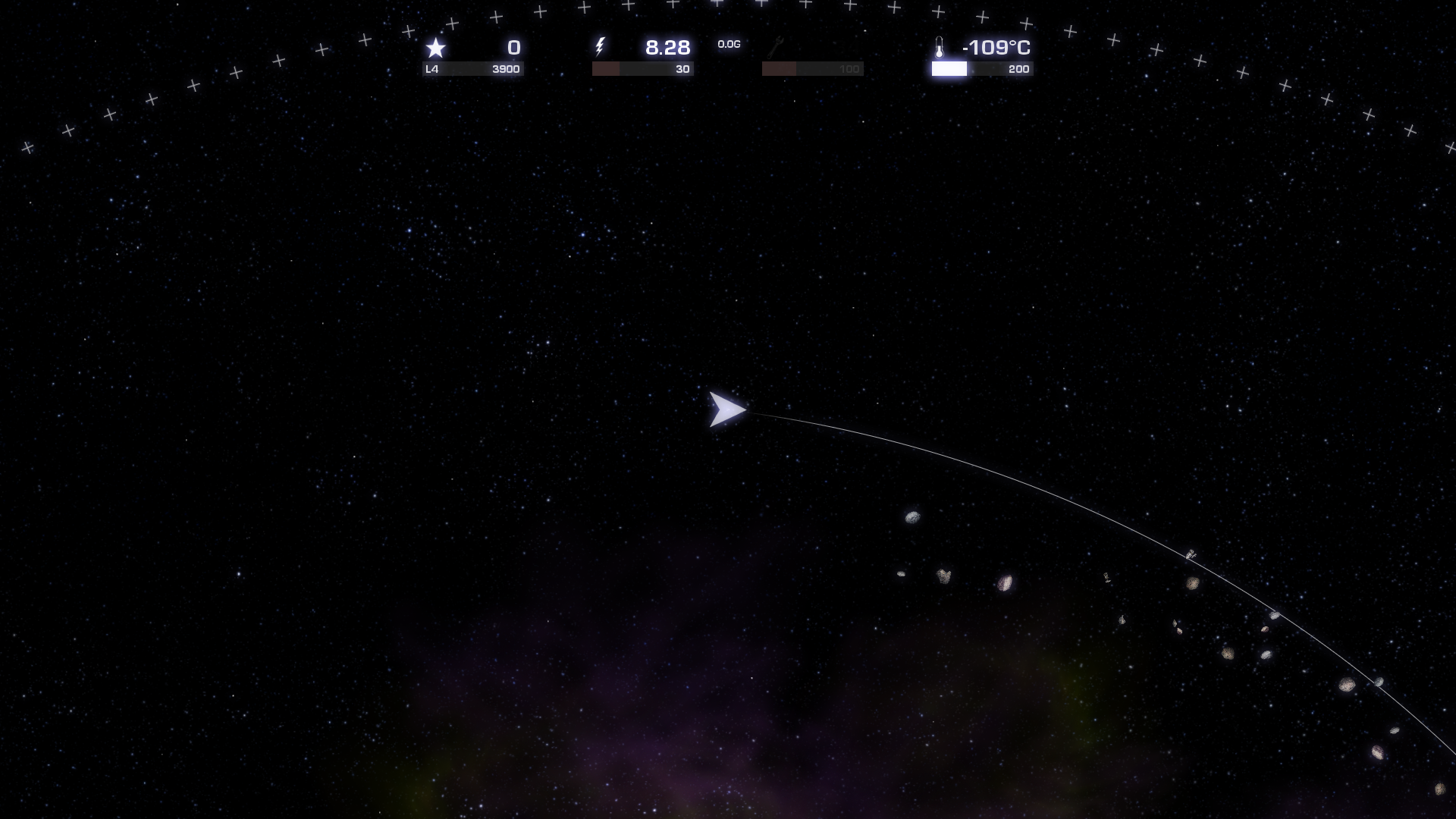
-
Amazing Discovers In Outer Space 10
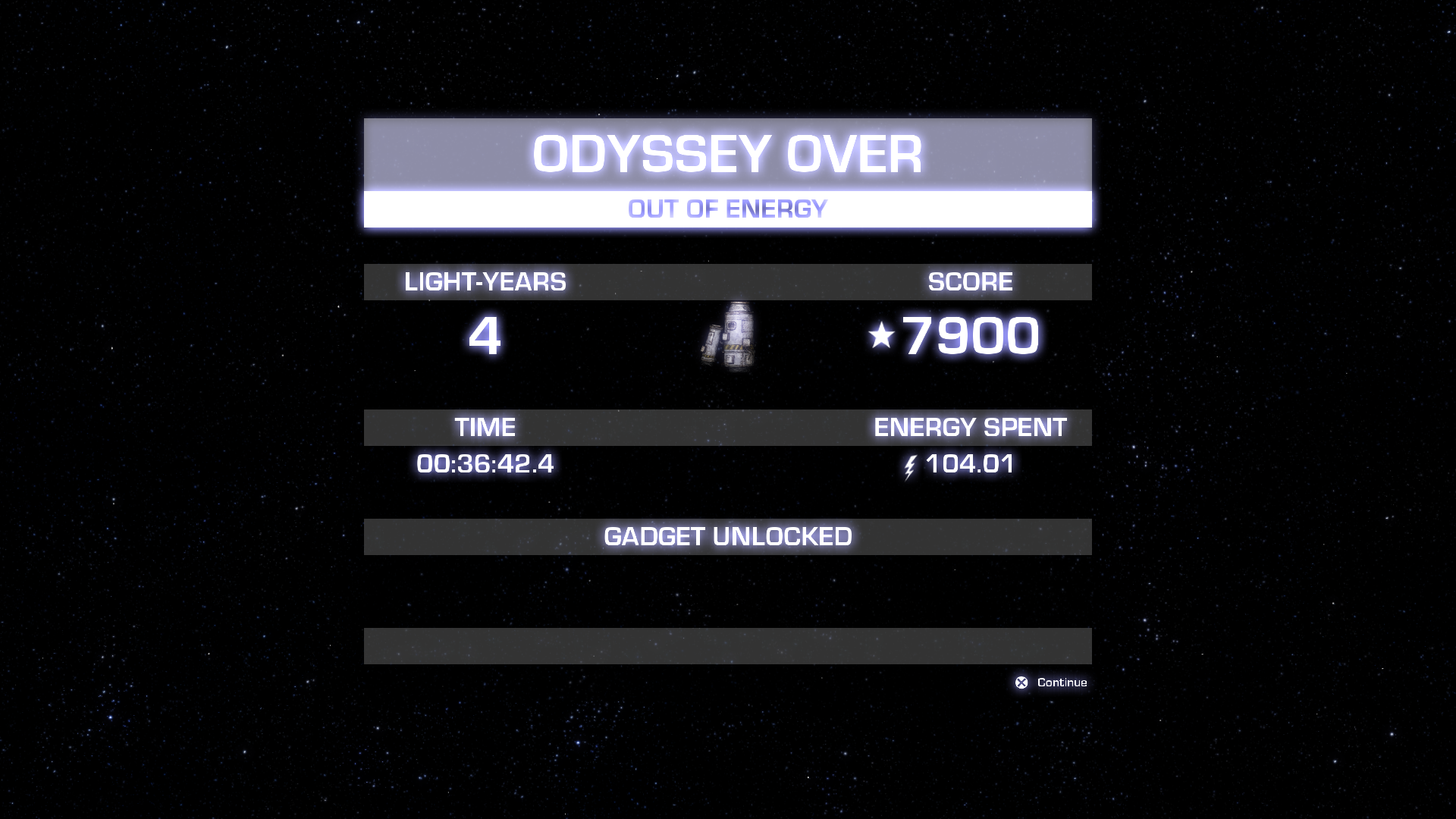
-
Amazing Discovers In Outer Space 11
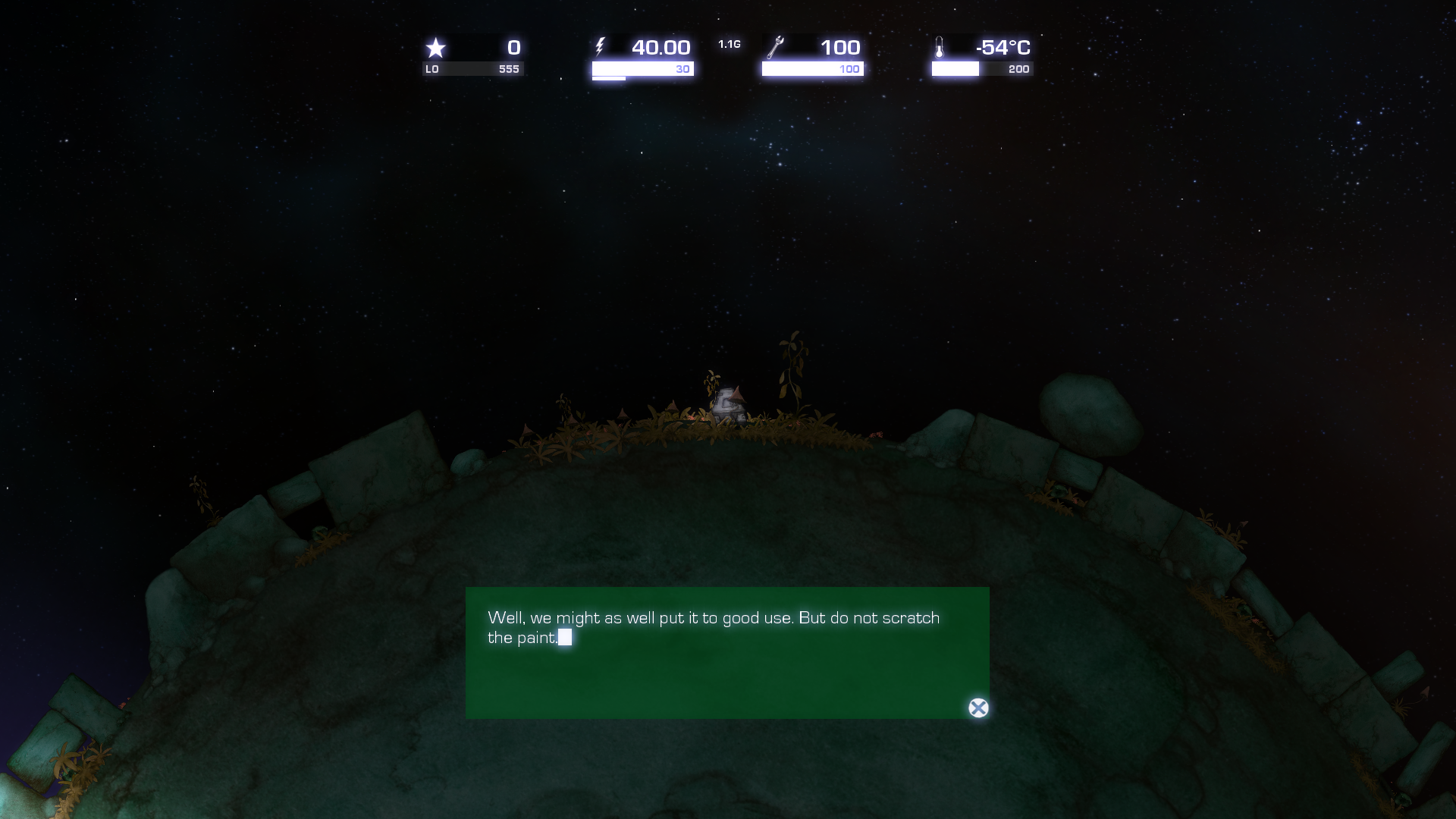
-
Amazing Discovers In Outer Space 12
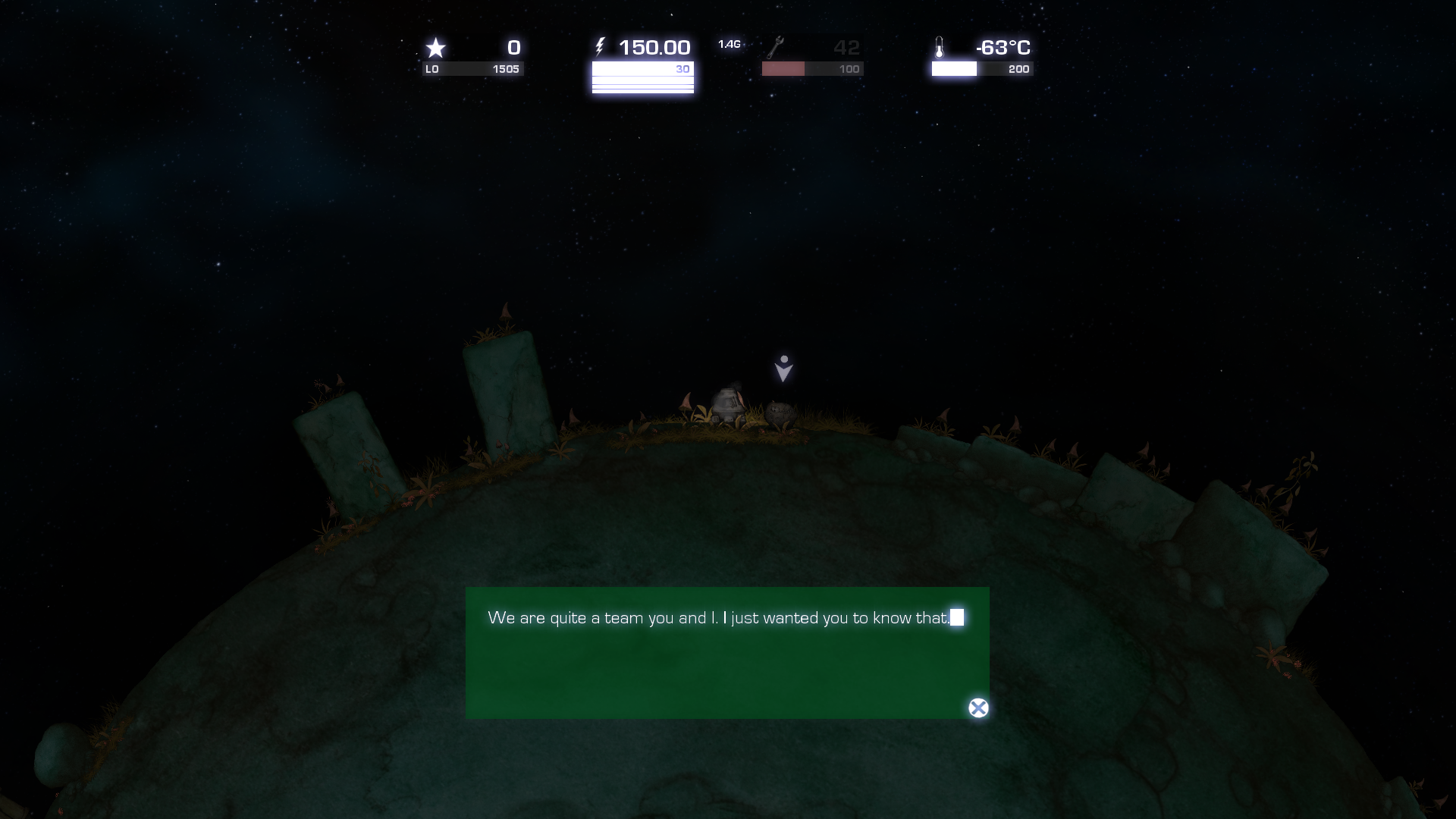
-
Amazing Discovers In Outer Space 13
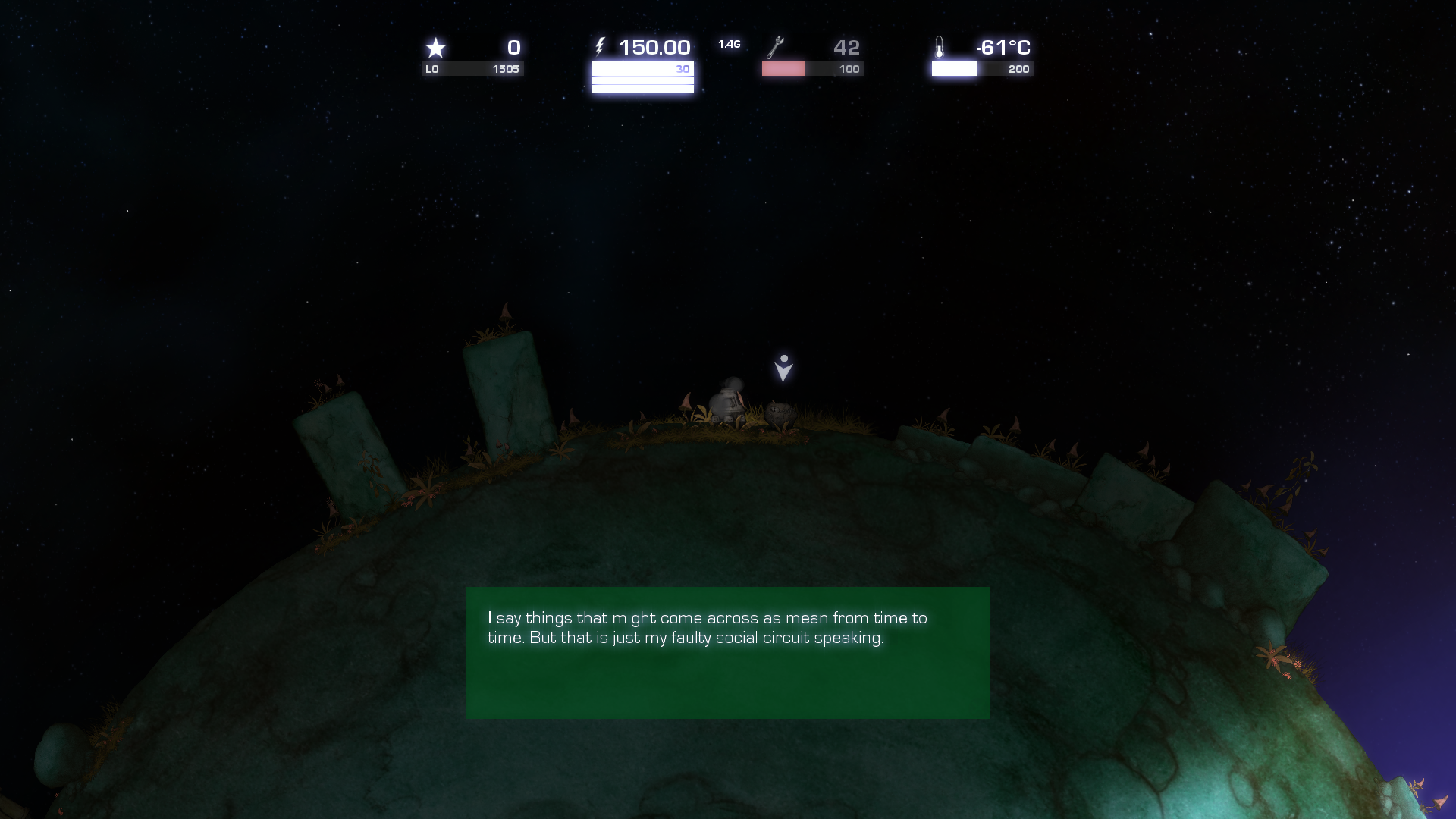
-
Amazing Discovers In Outer Space 14
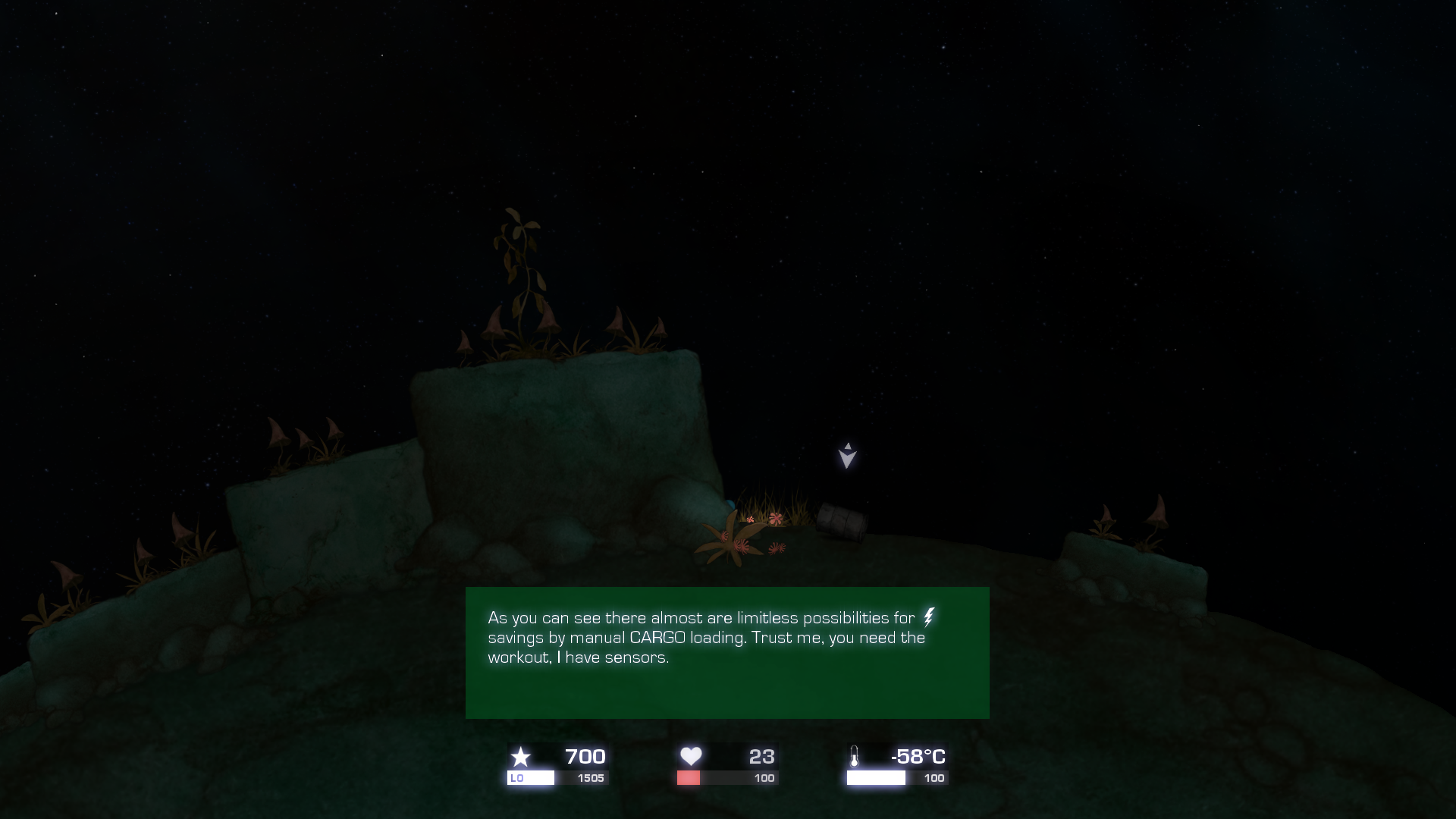
-
Amazing Discovers In Outer Space 15
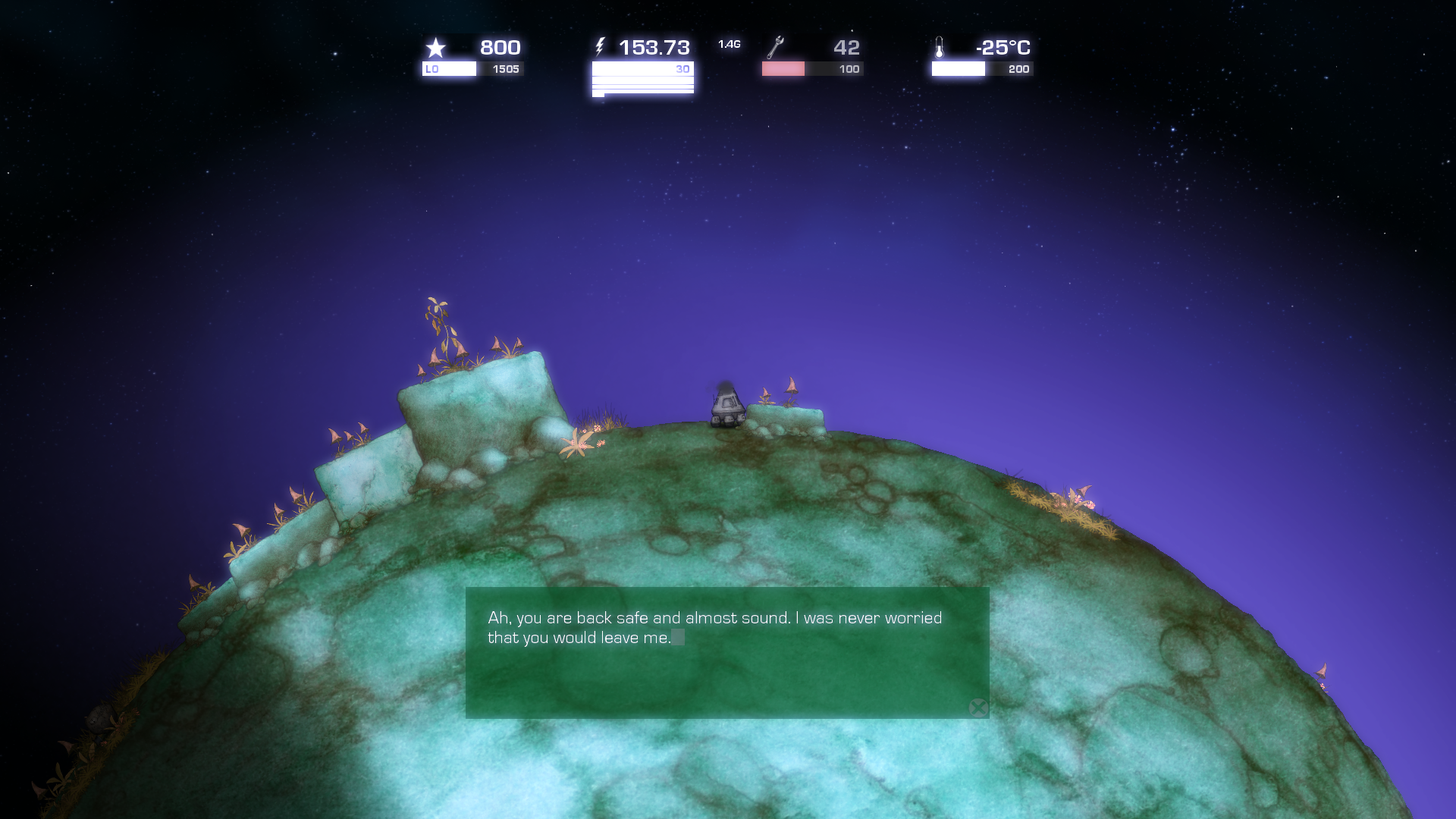
-
Amazing Discovers In Outer Space 16
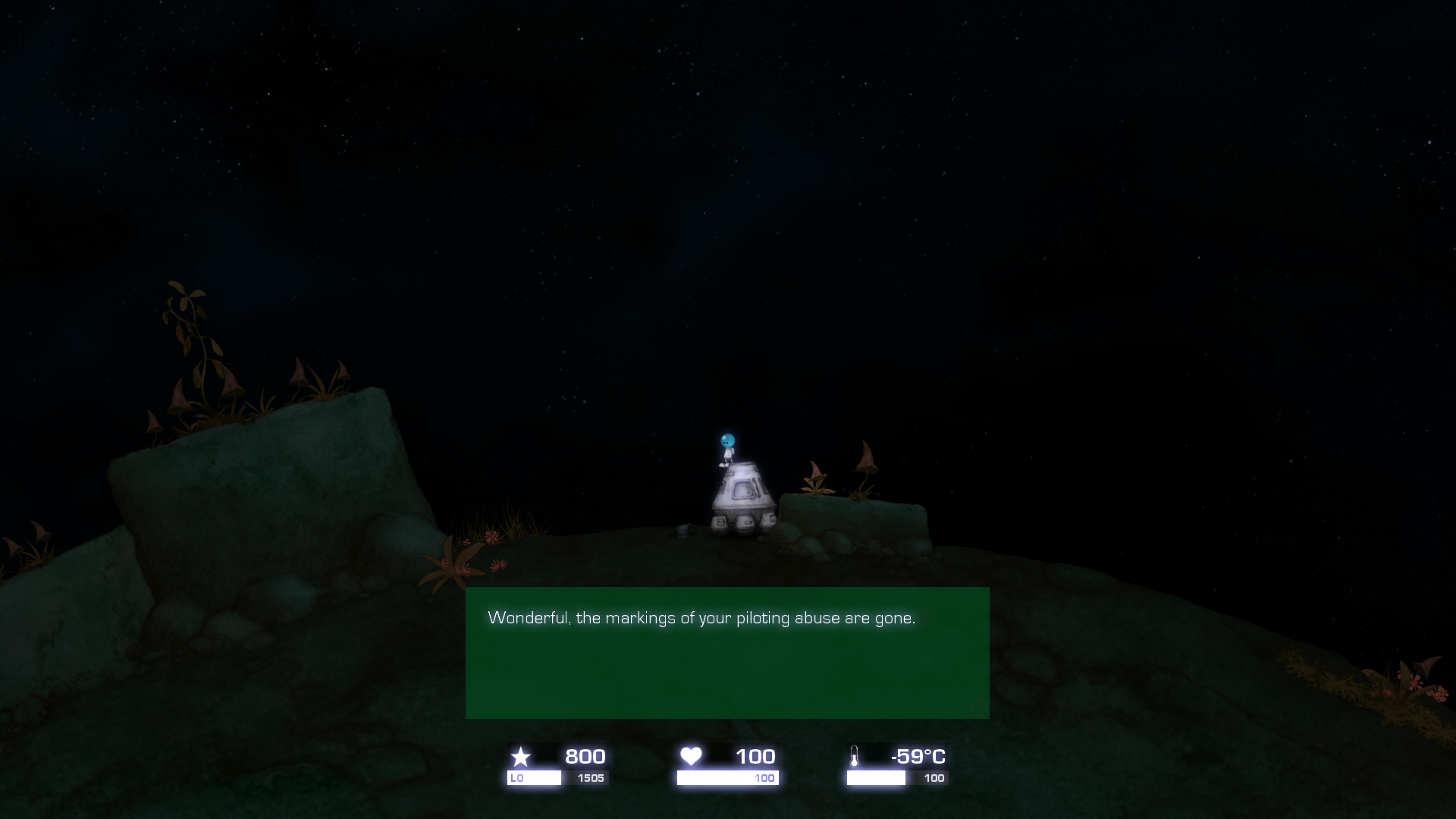
-
Amazing Discovers In Outer Space 17
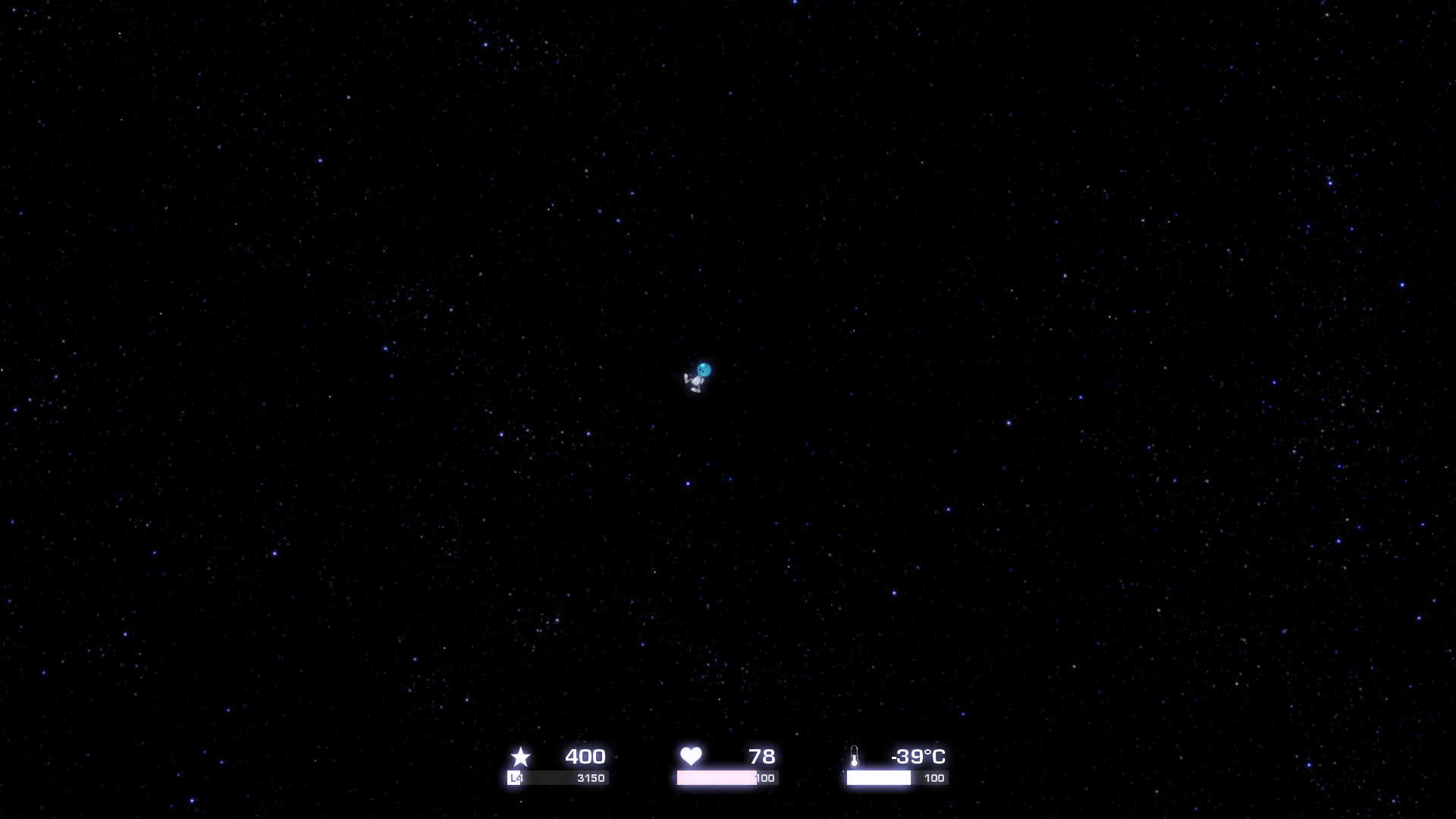
-
Amazing Discovers In Outer Space 18
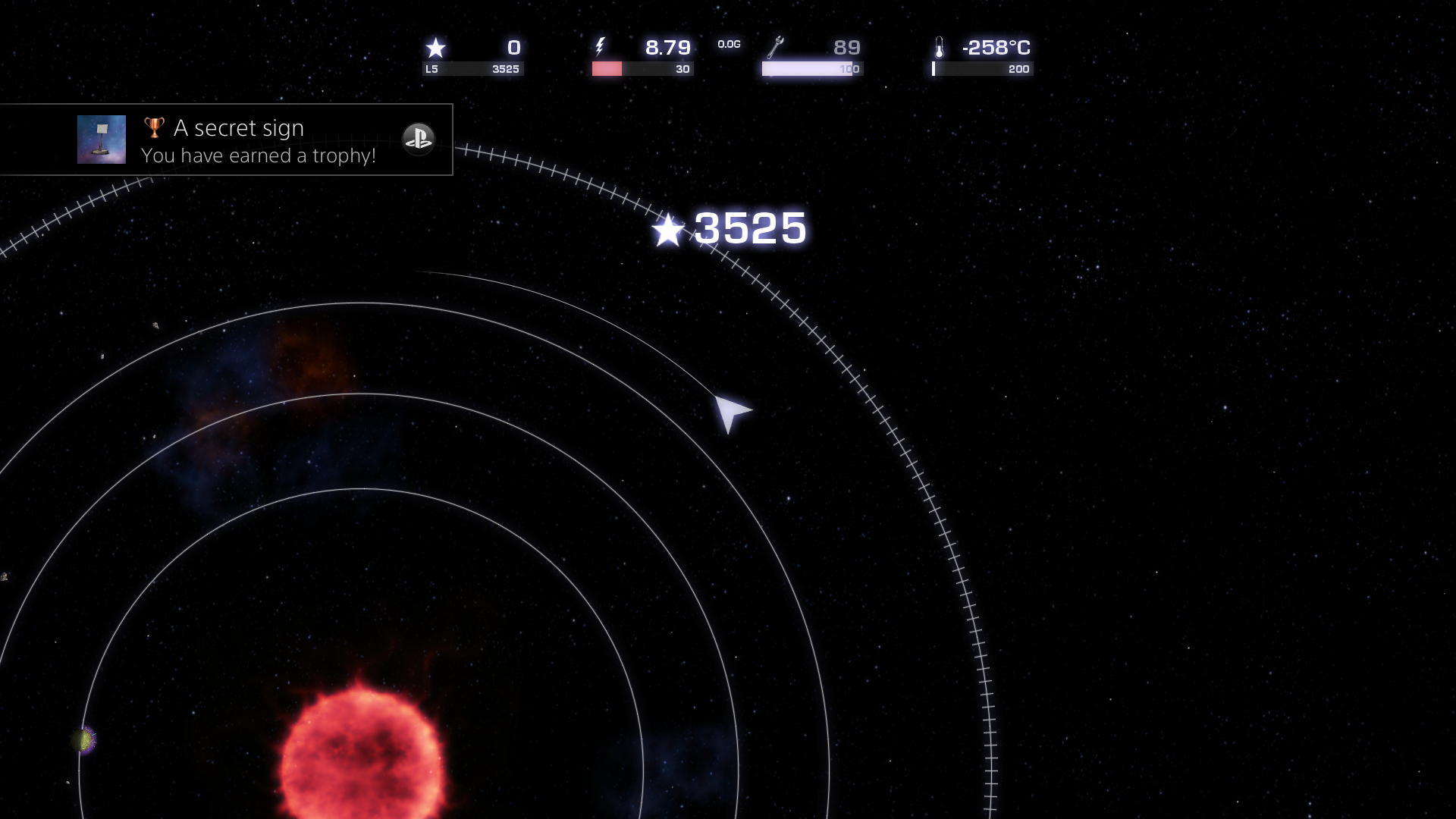
-
Amazing Discovers In Outer Space 19
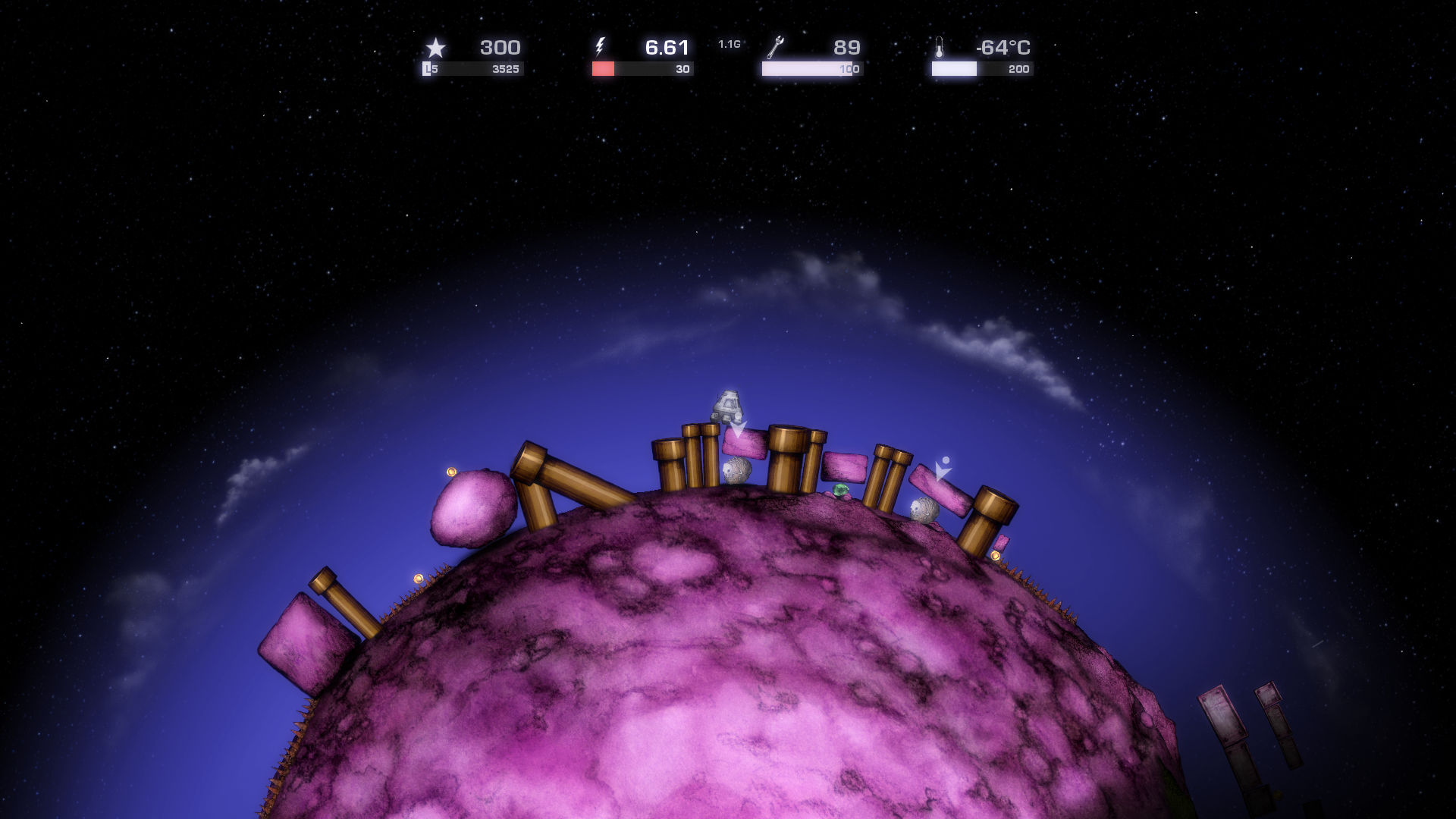
-
Amazing Discovers In Outer Space 20
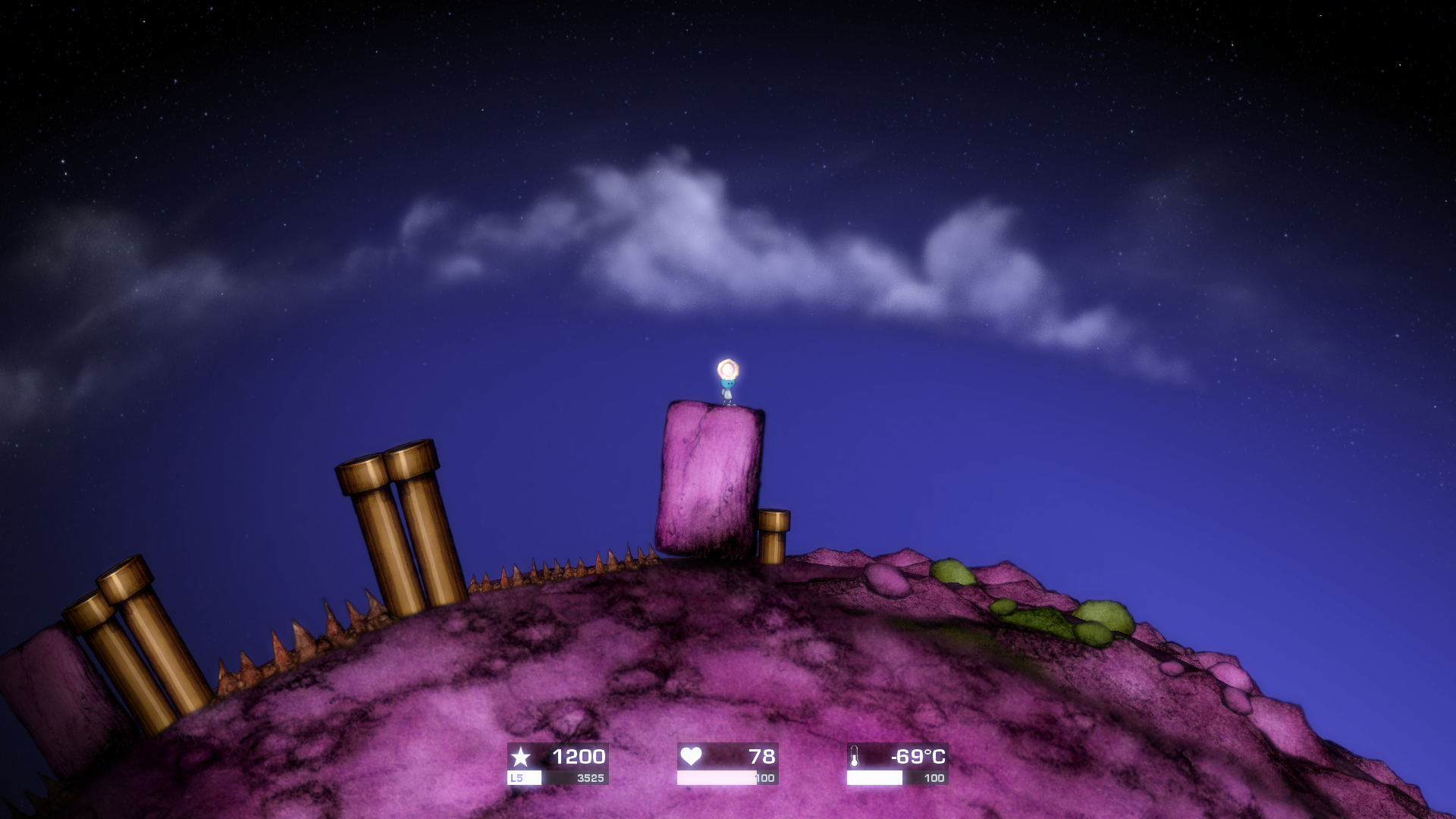
-
Amazing Discovers In Outer Space 21
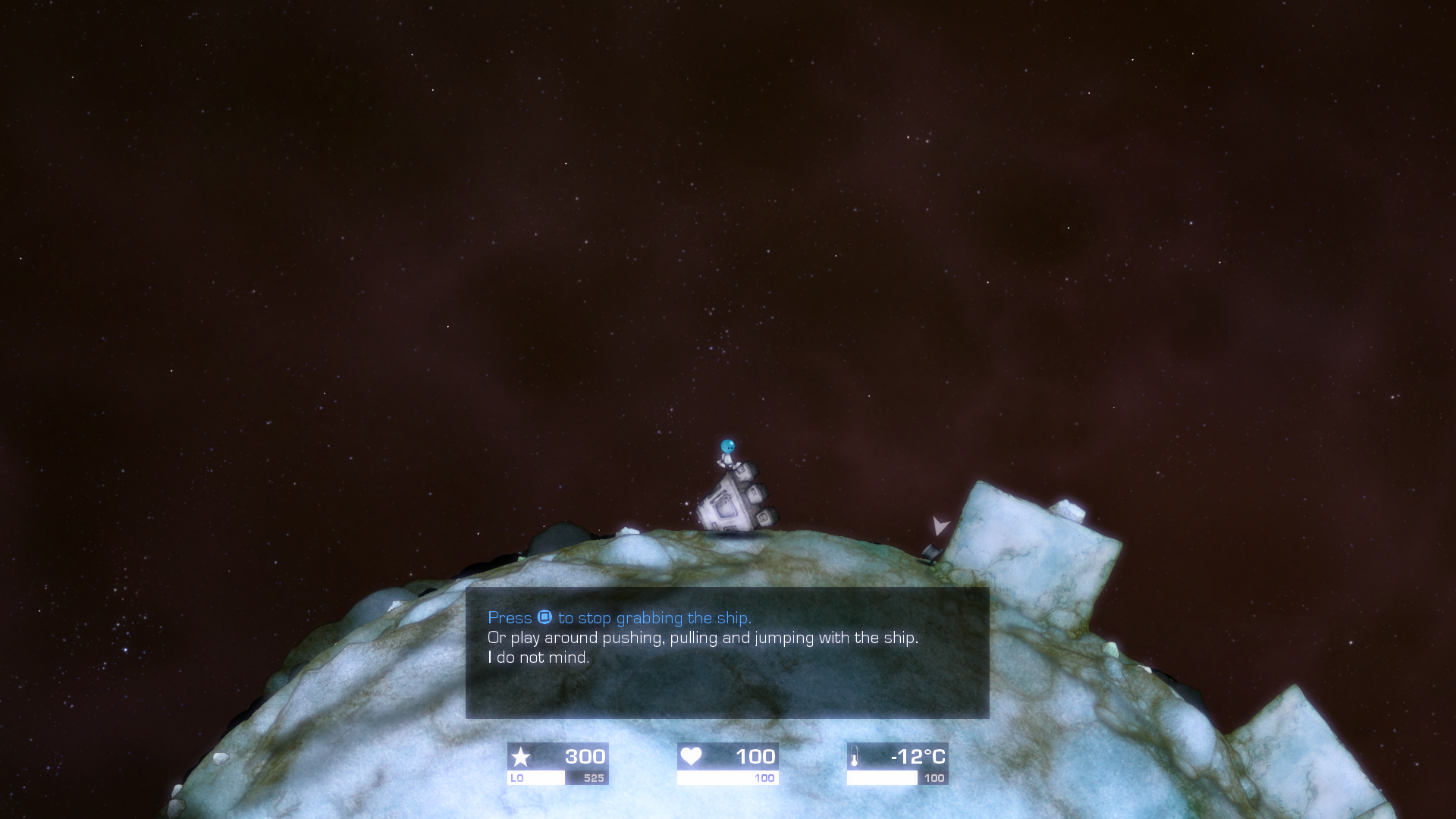
-
Amazing Discovers In Outer Space 22
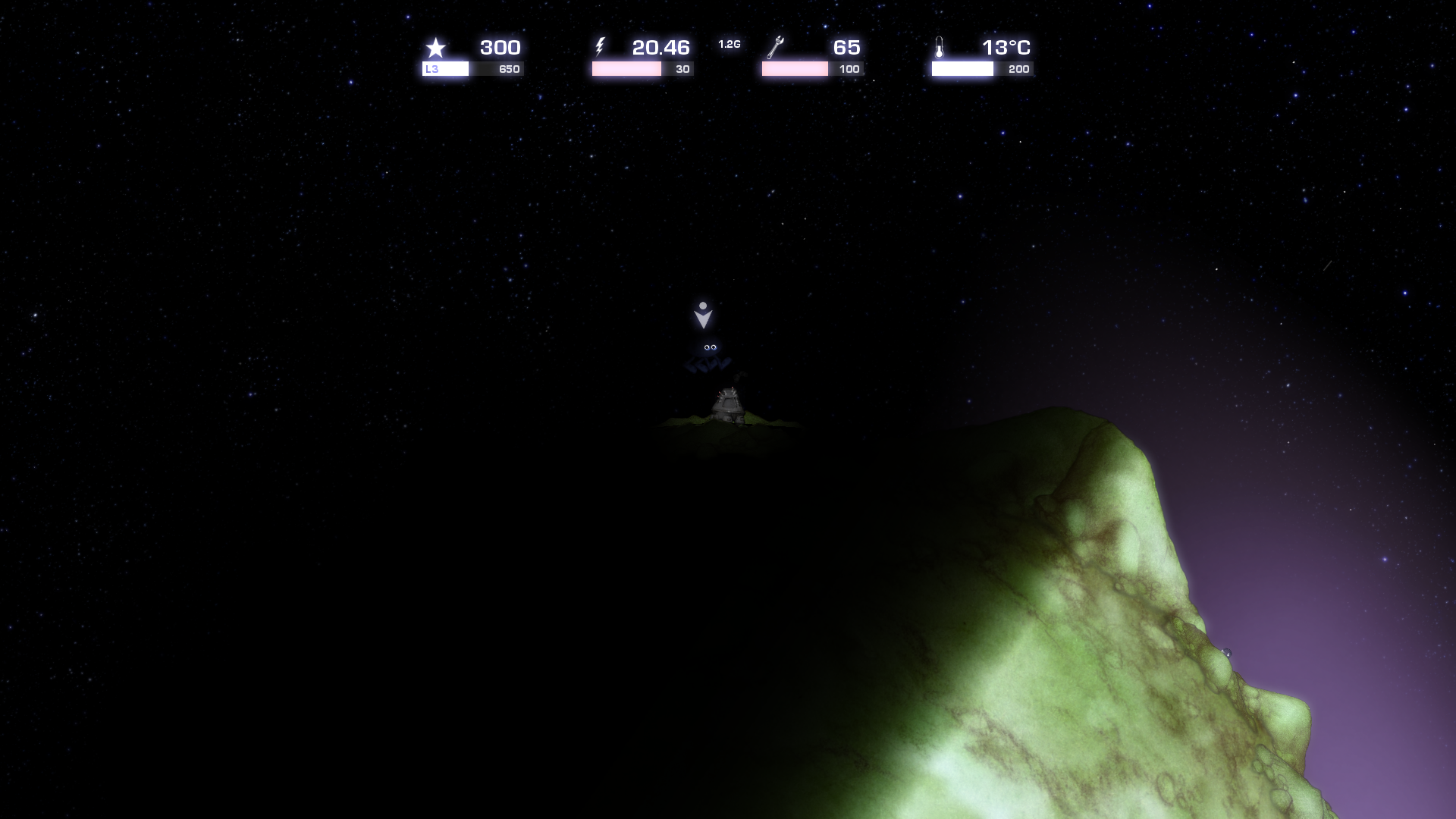
-
Amazing Discovers In Outer Space 23
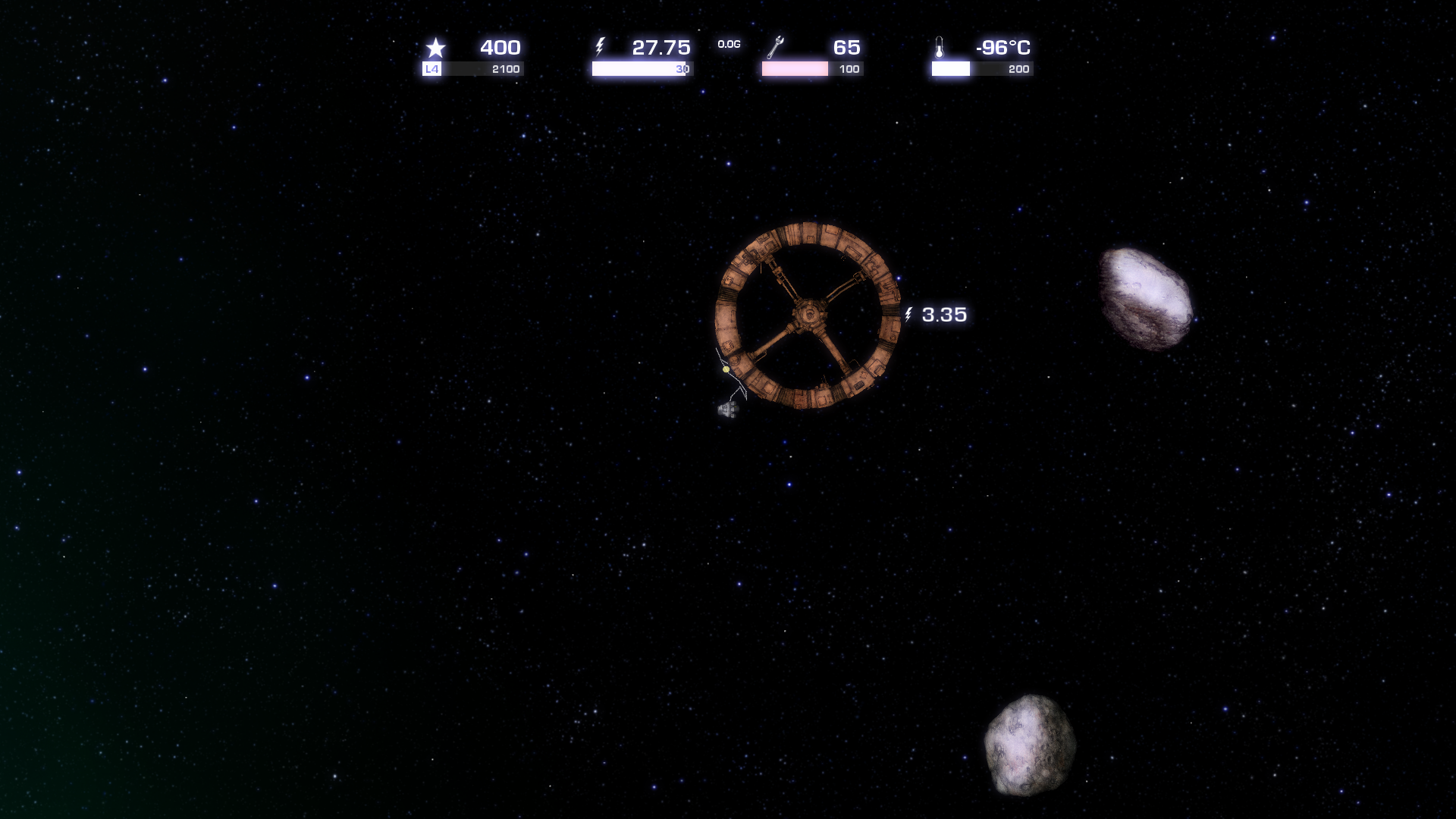
-
Amazing Discovers In Outer Space 24
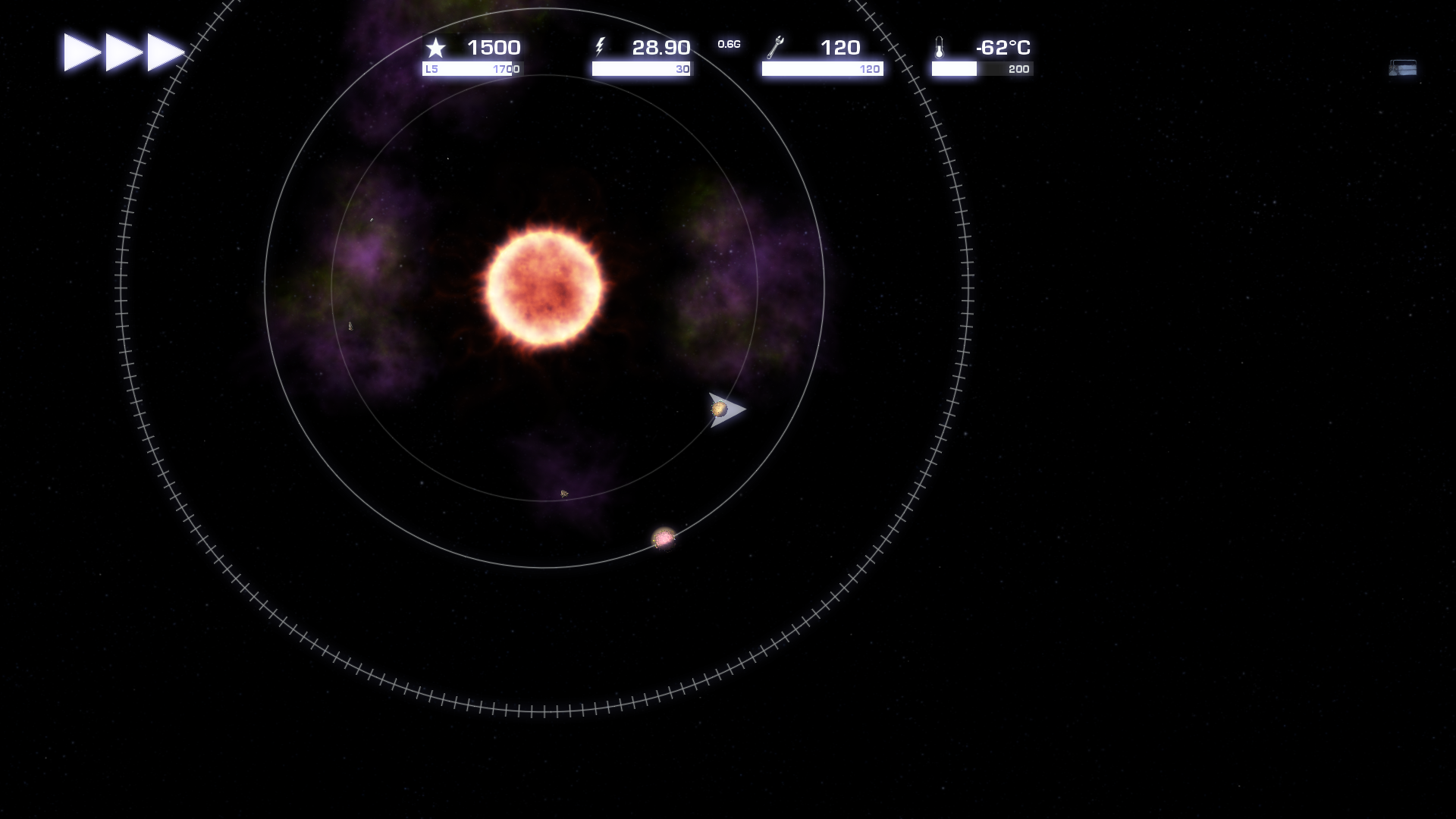
-
Amazing Discovers In Outer Space 25
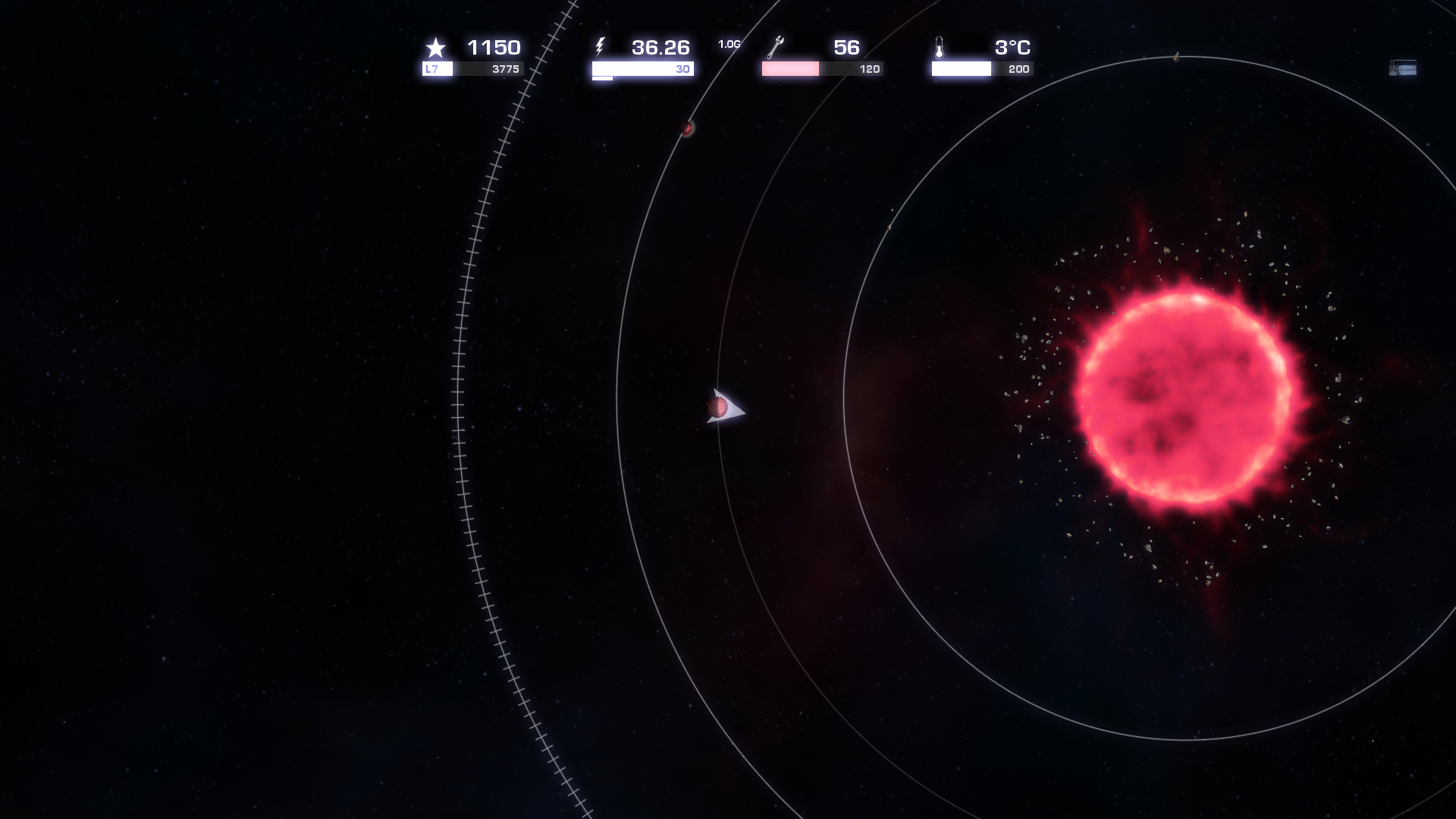
-
Amazing Discovers In Outer Space 26
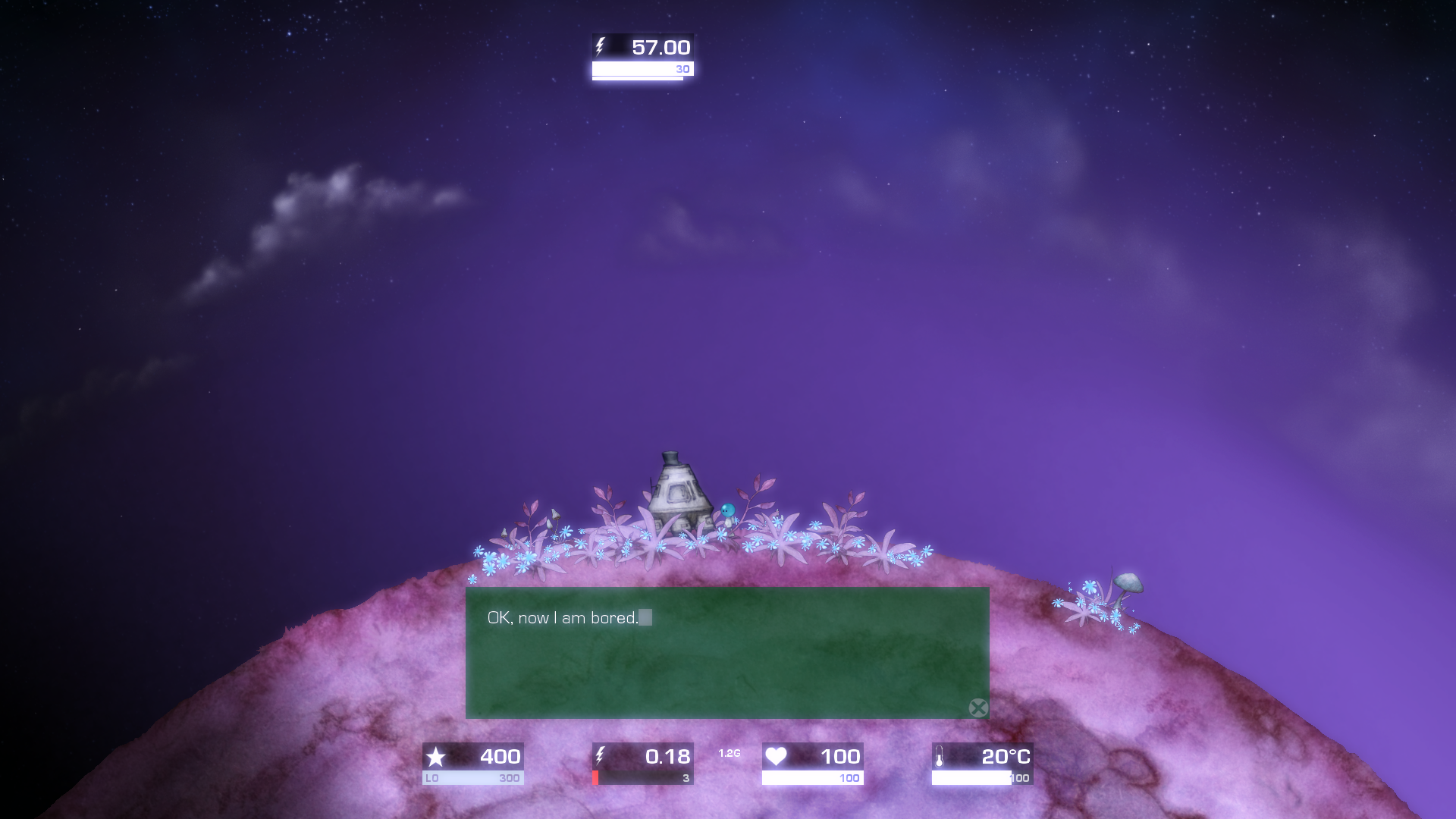
-
Amazing Discovers In Outer Space 27
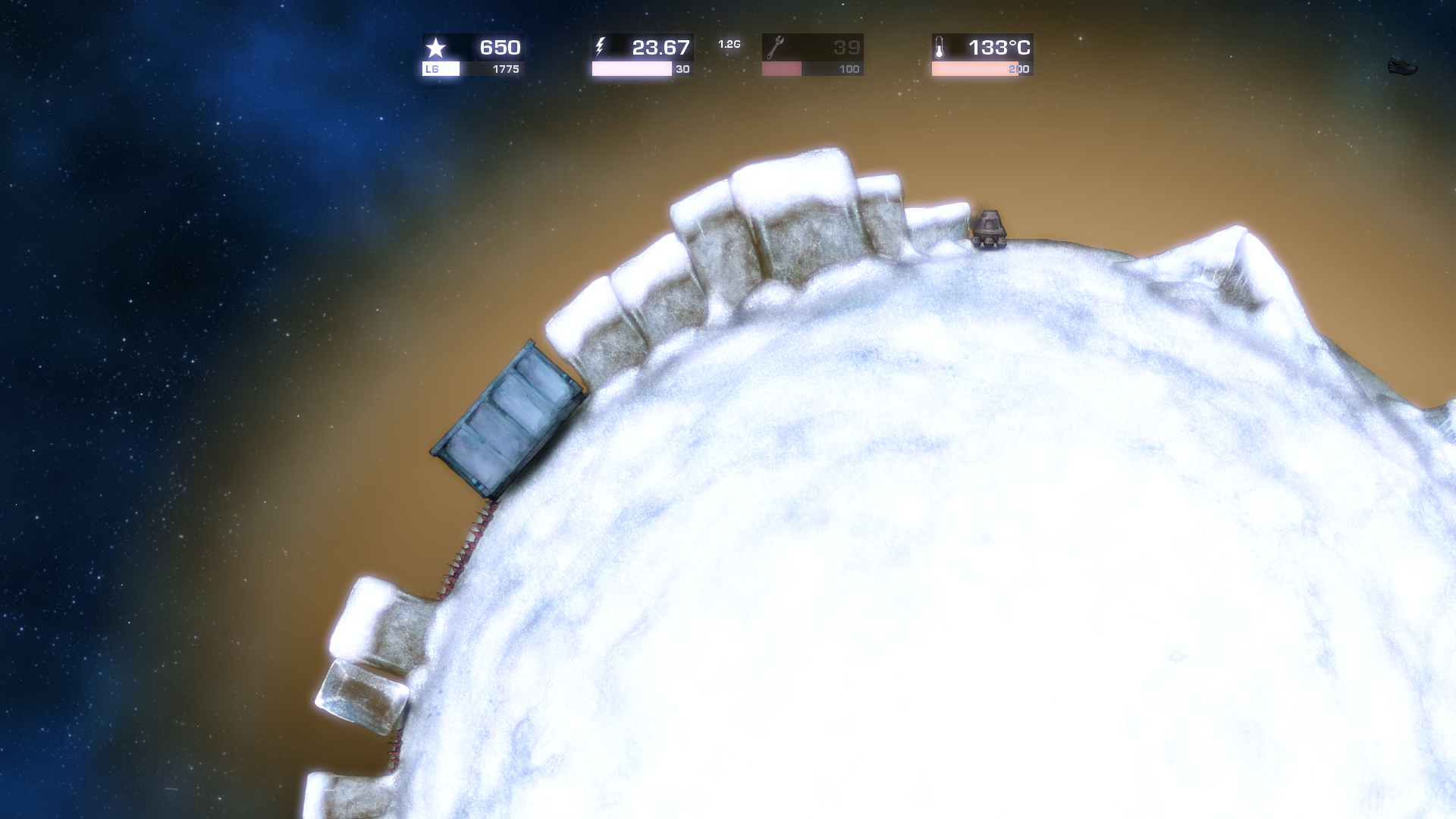
-
Amazing Discovers In Outer Space 28
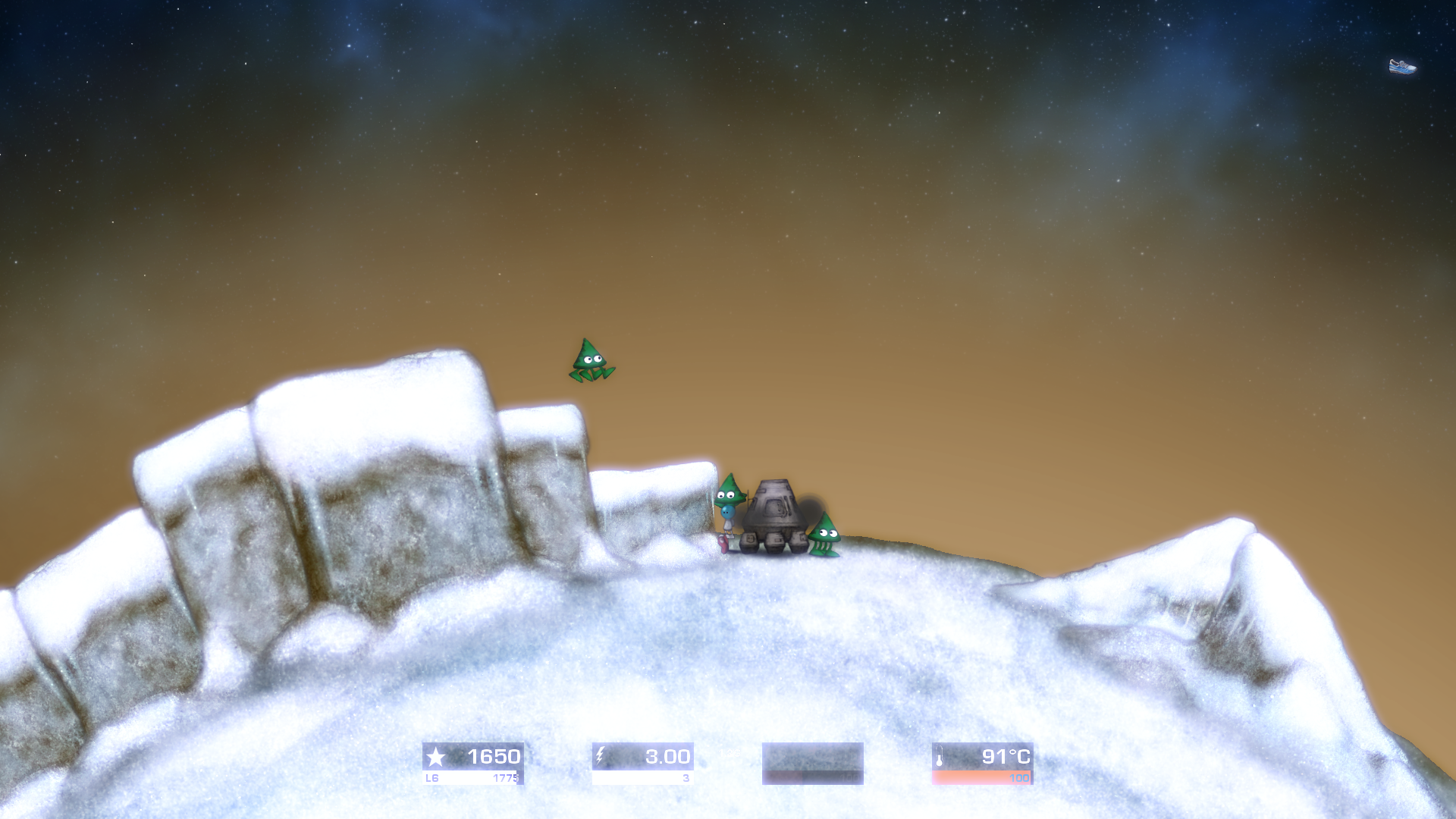
-
Amazing Discovers In Outer Space 29
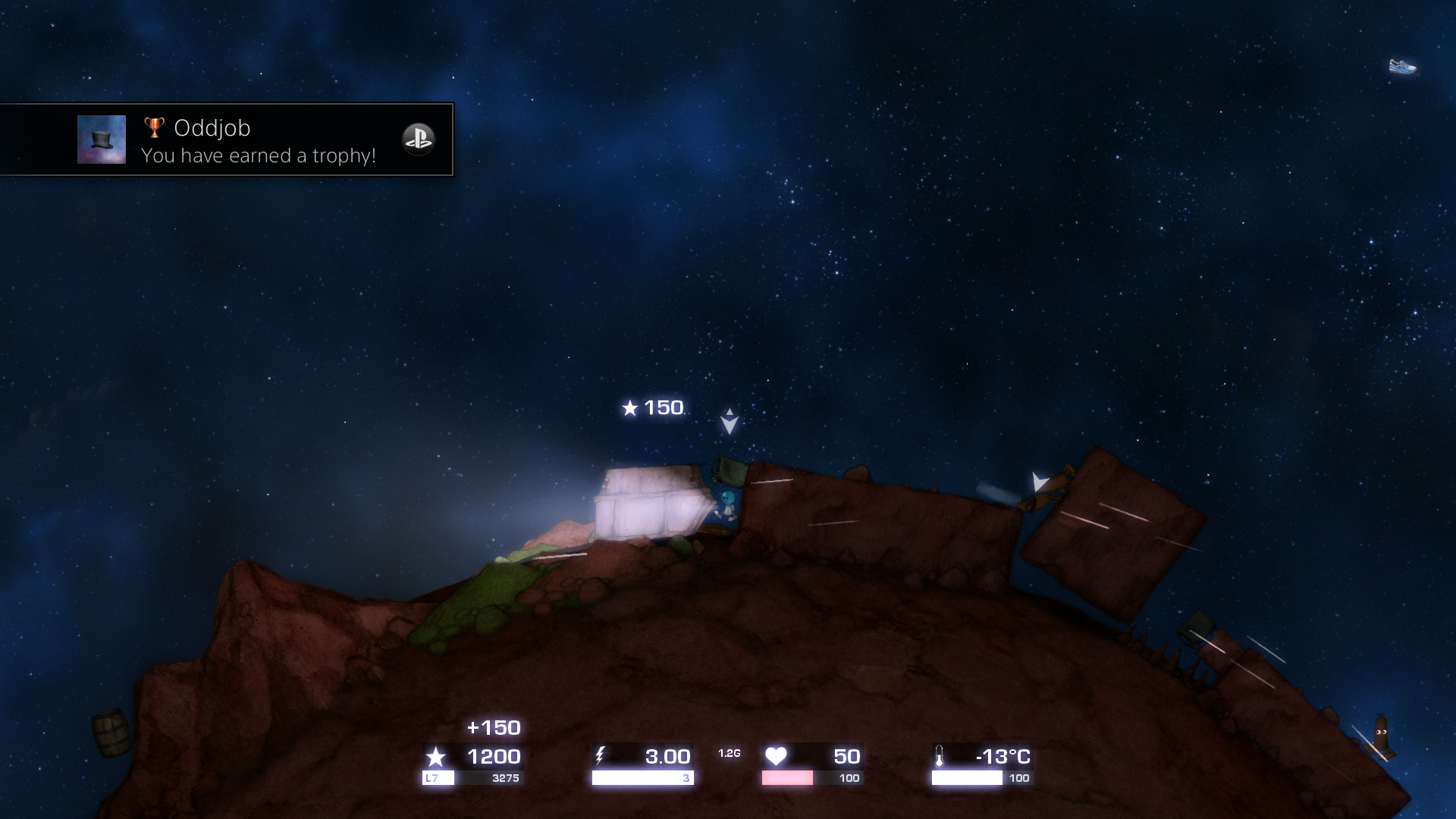
-
Amazing Discovers In Outer Space 30
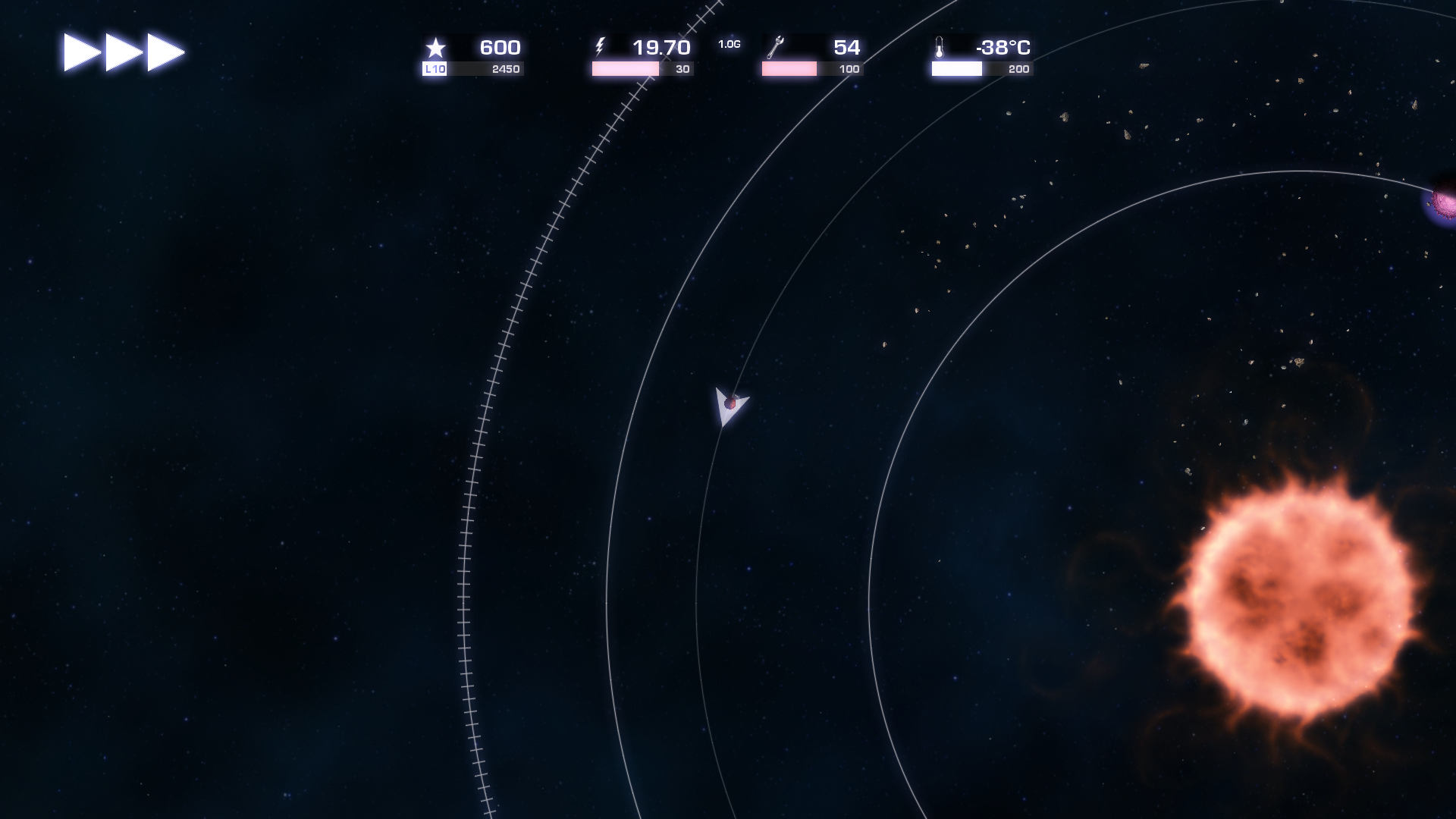
-
Amazing Discovers In Outer Space 31
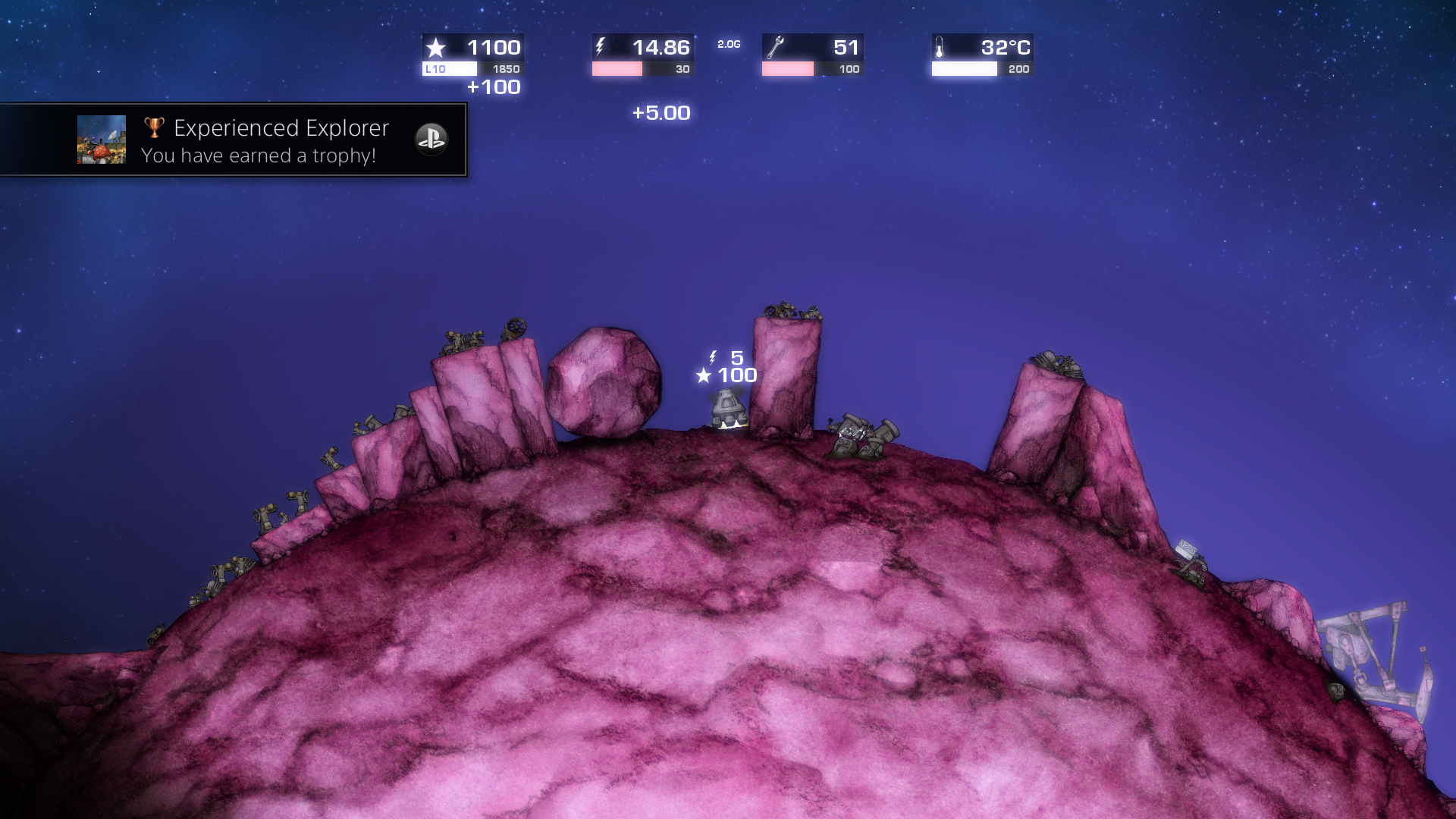
-
Amazing Discovers In Outer Space 32
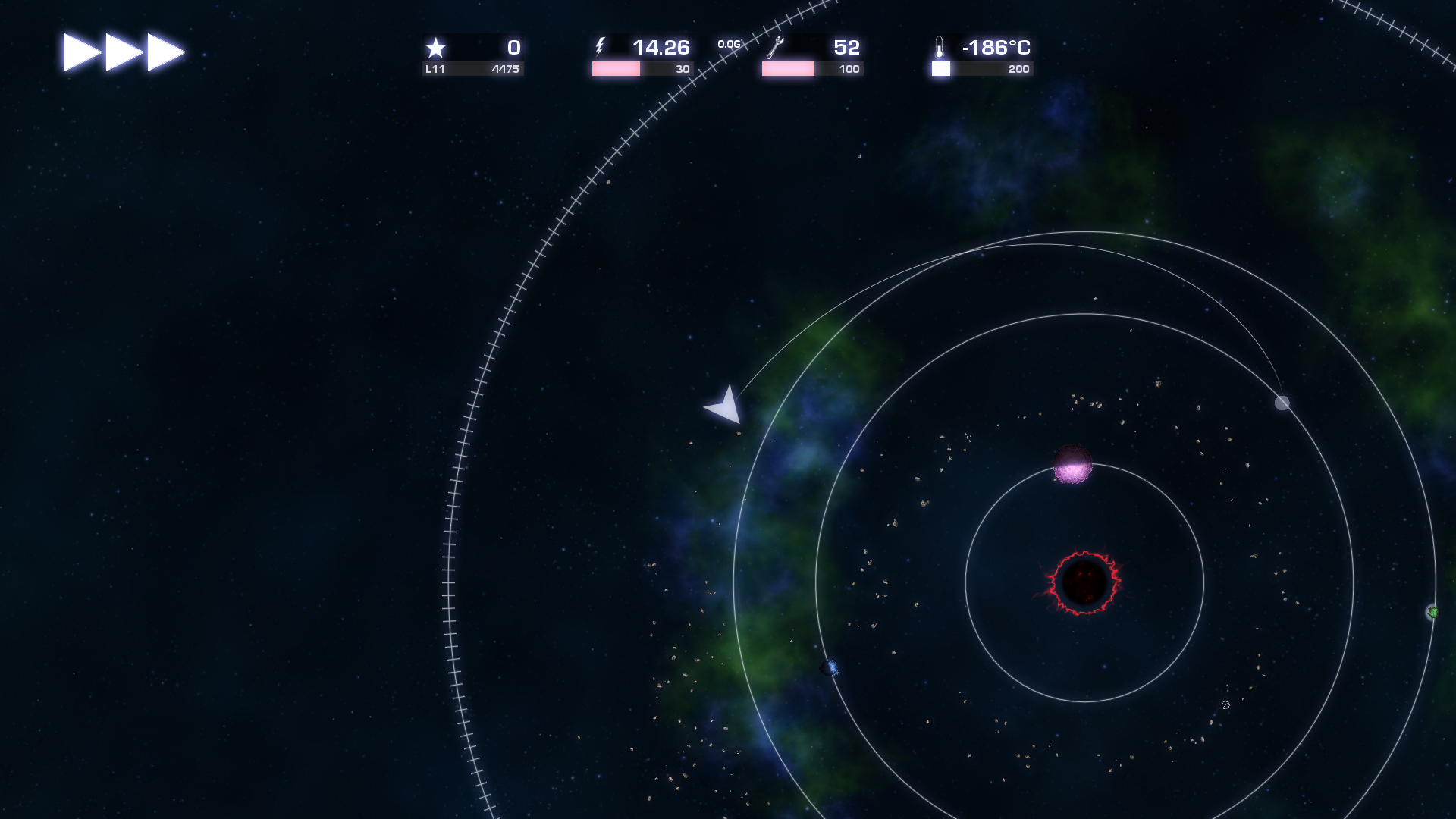
-
Amazing Discovers In Outer Space 33
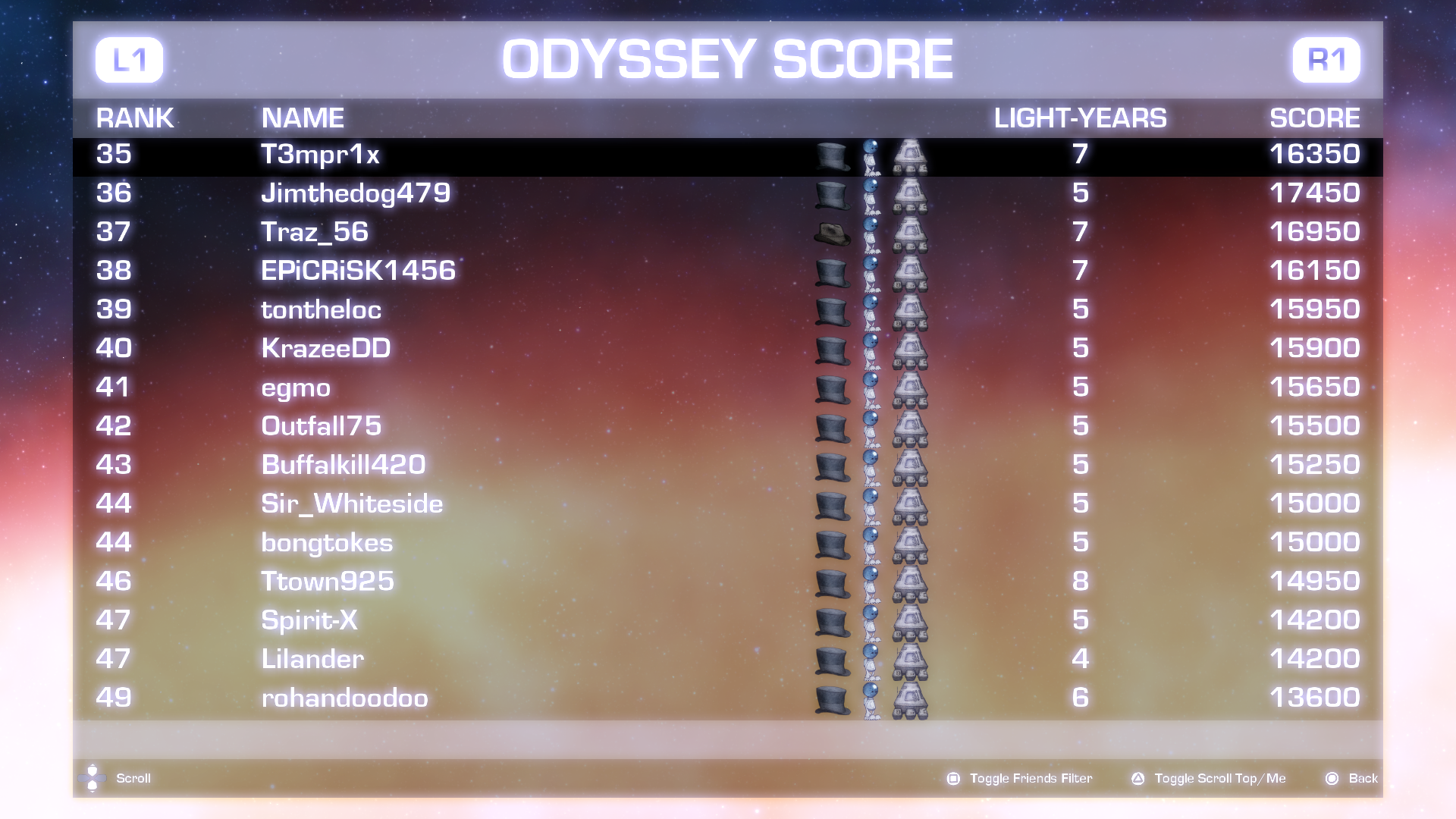
-
Amazing Discovers In Outer Space 34
